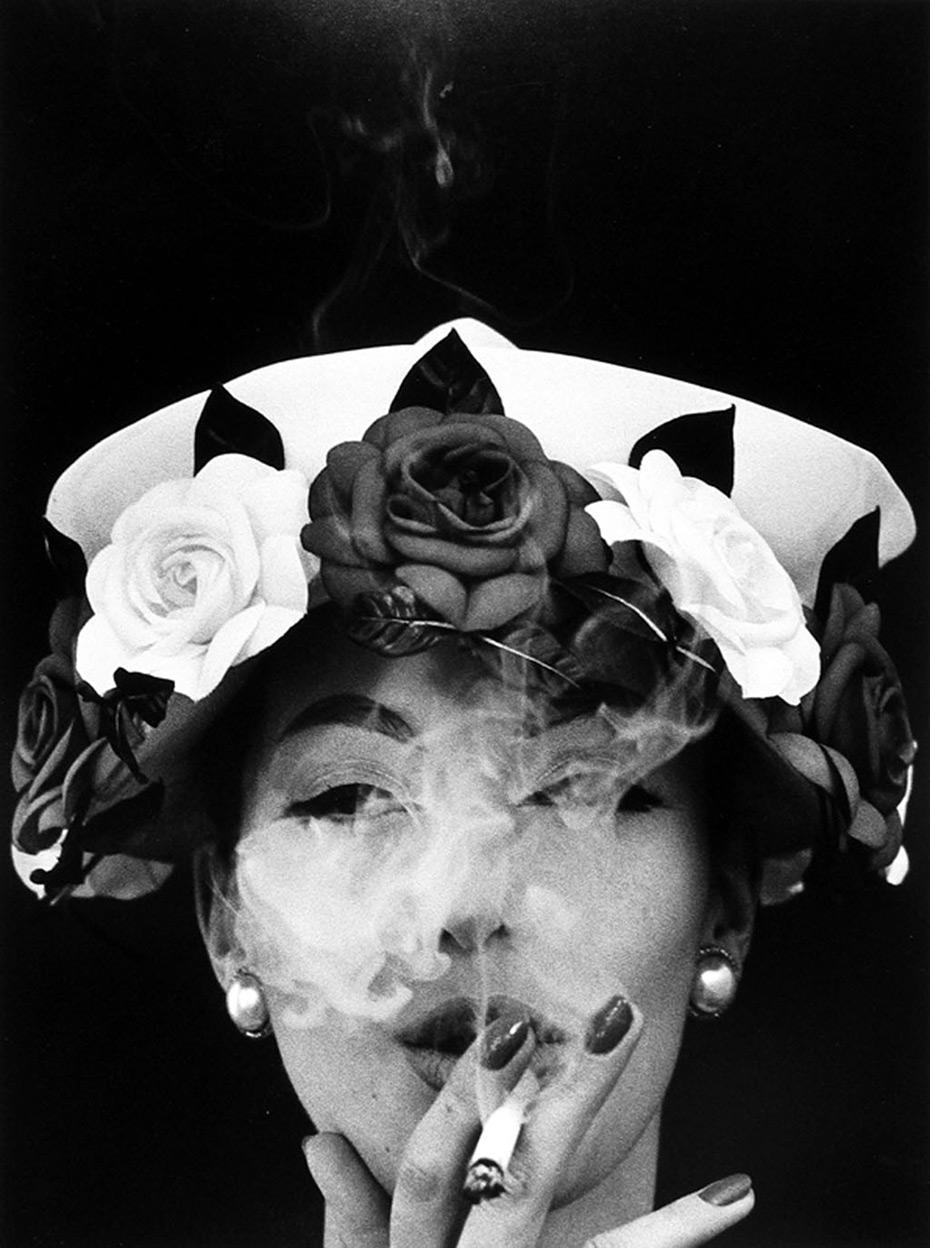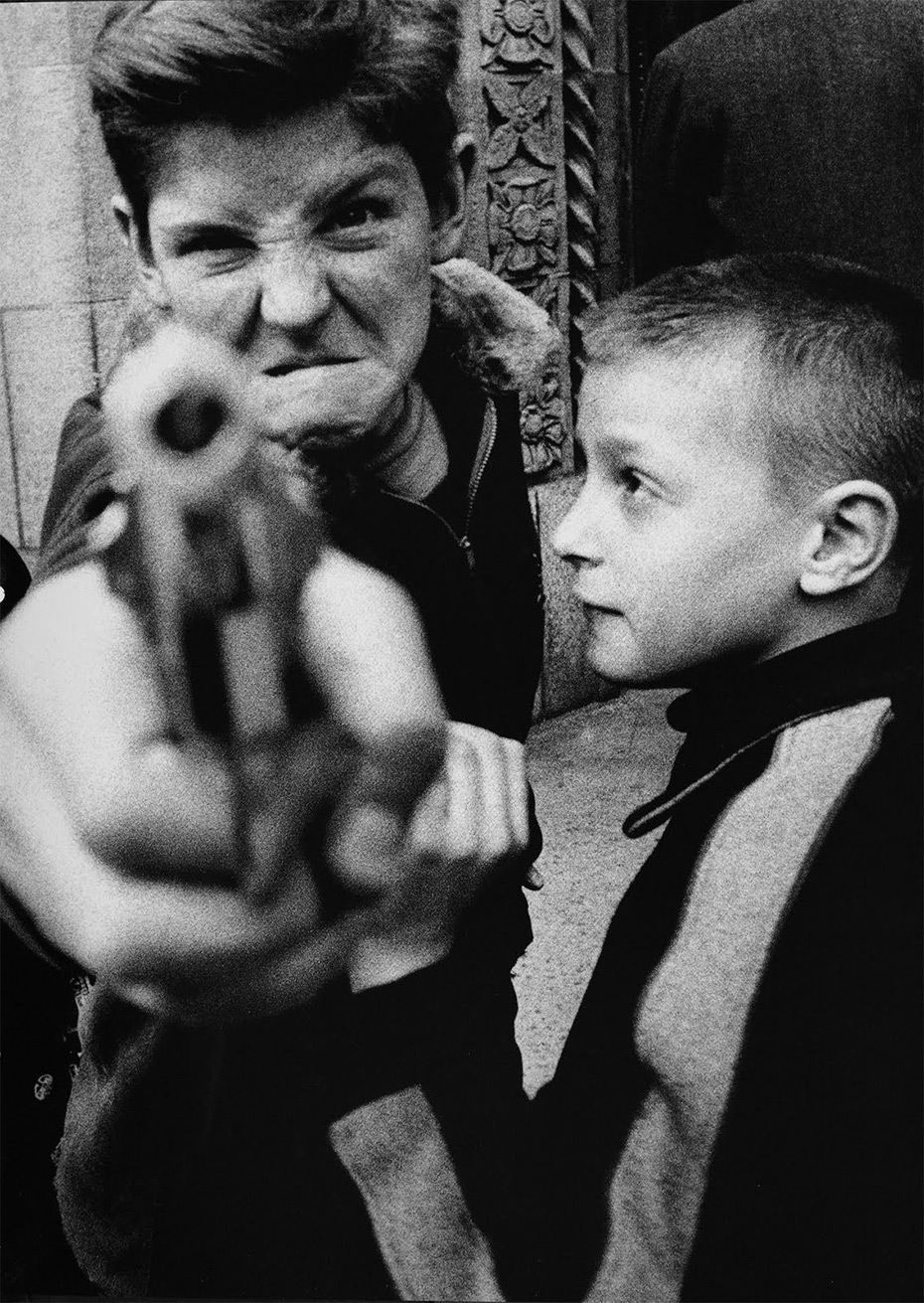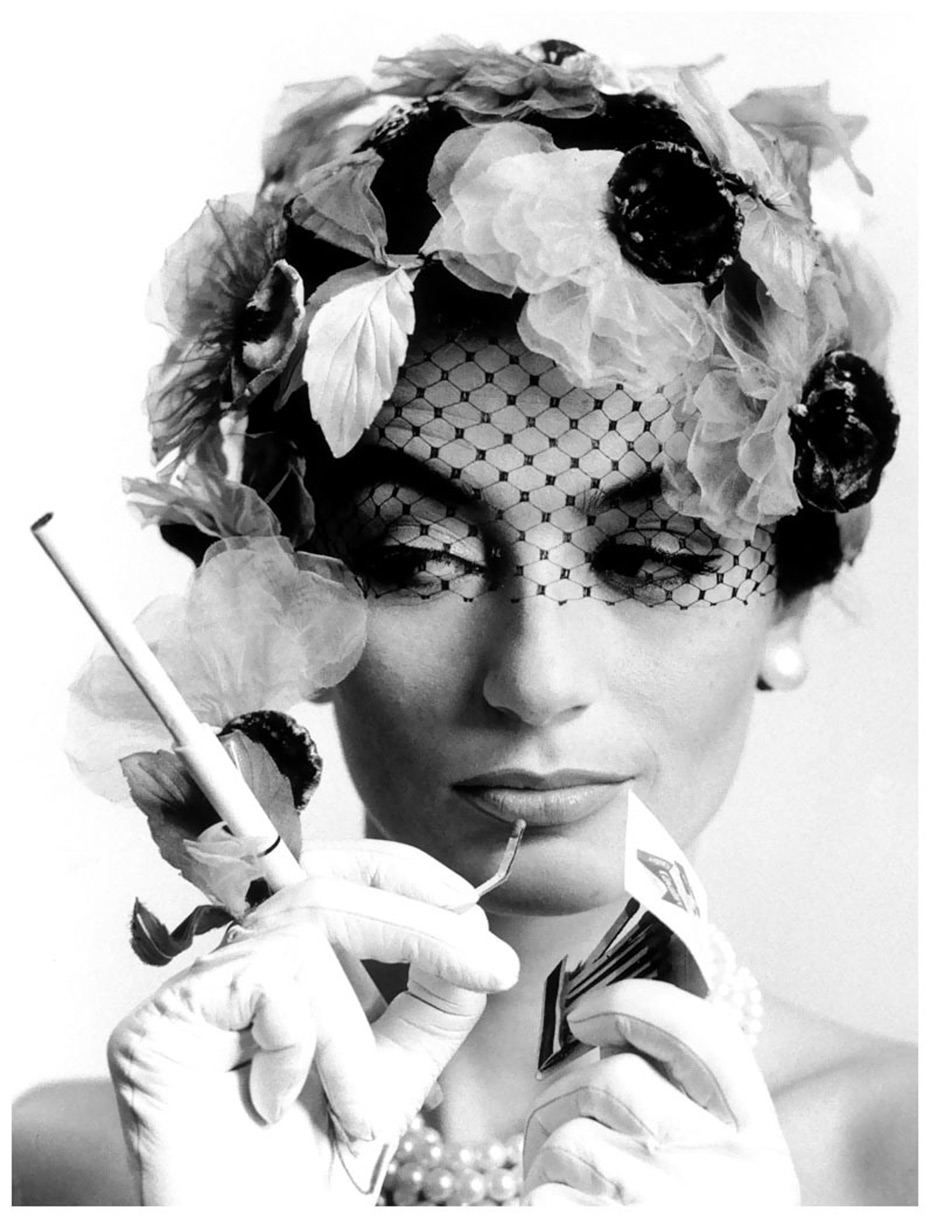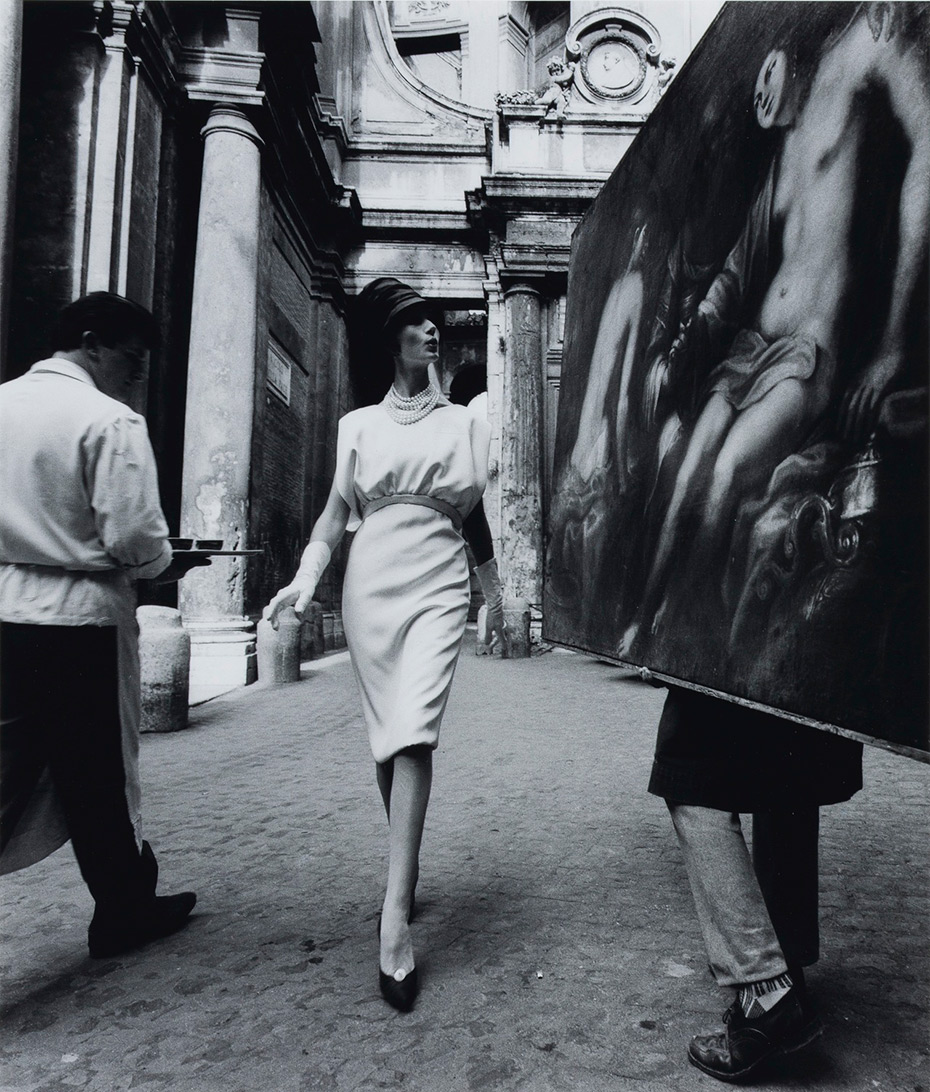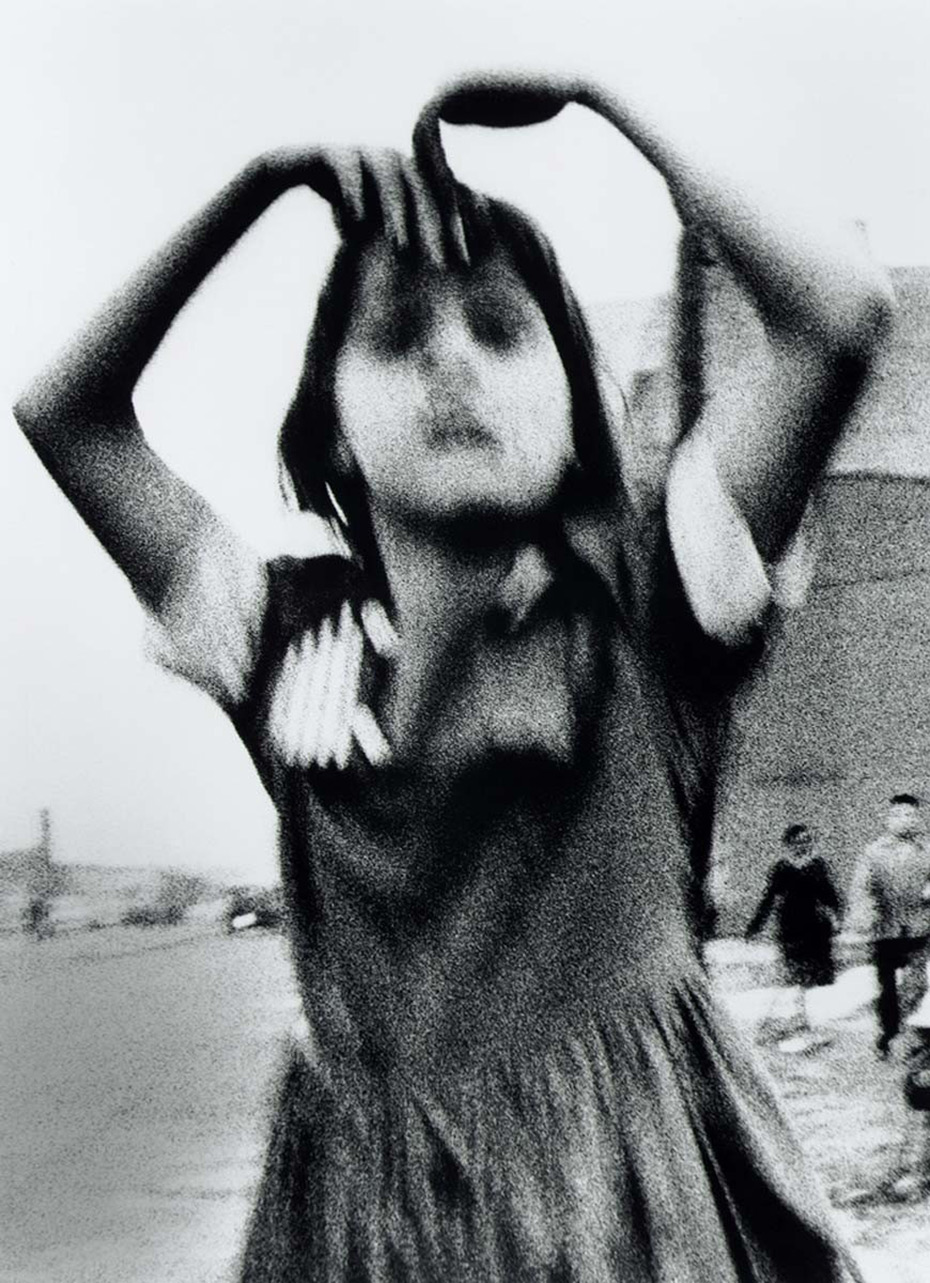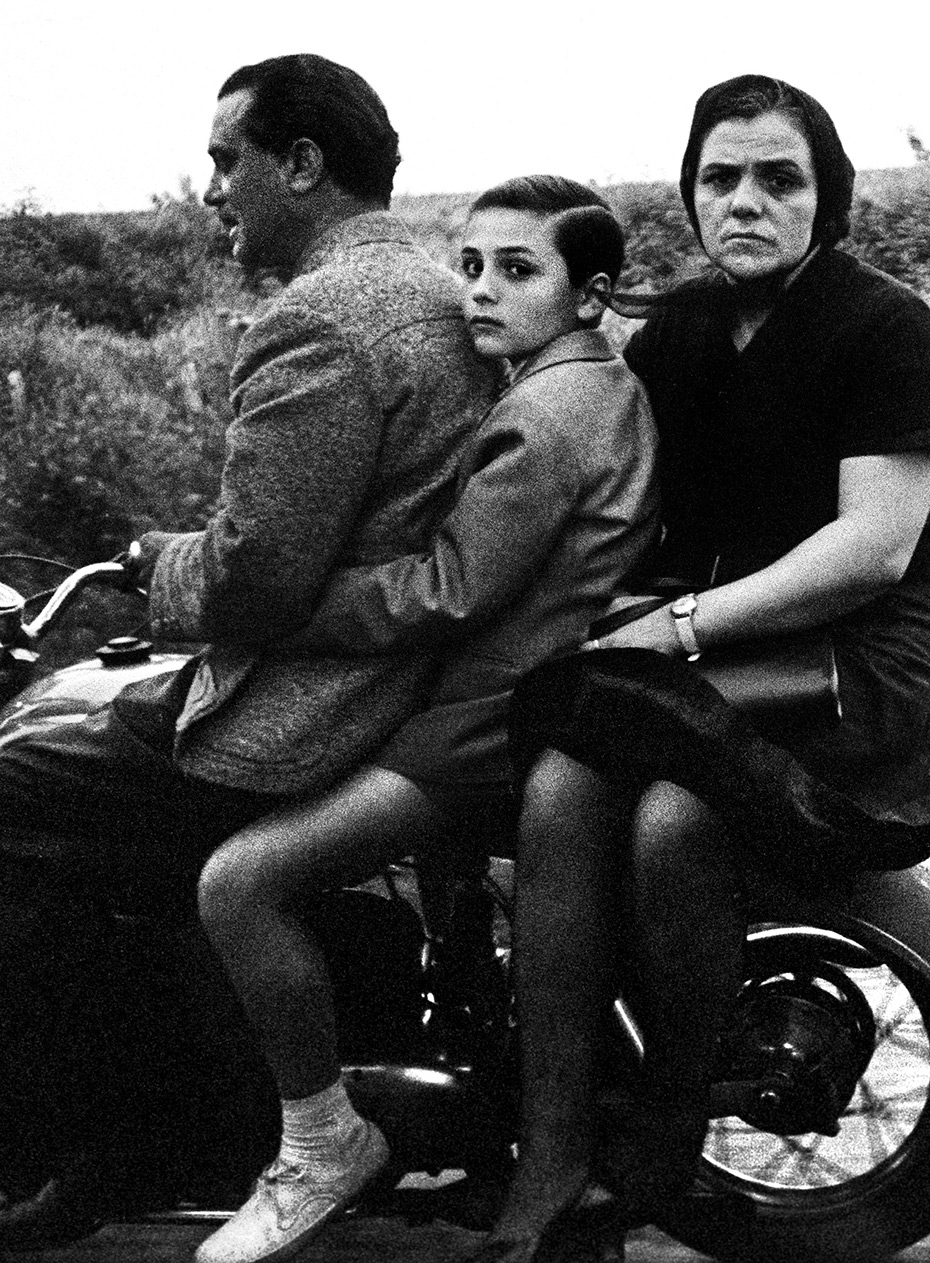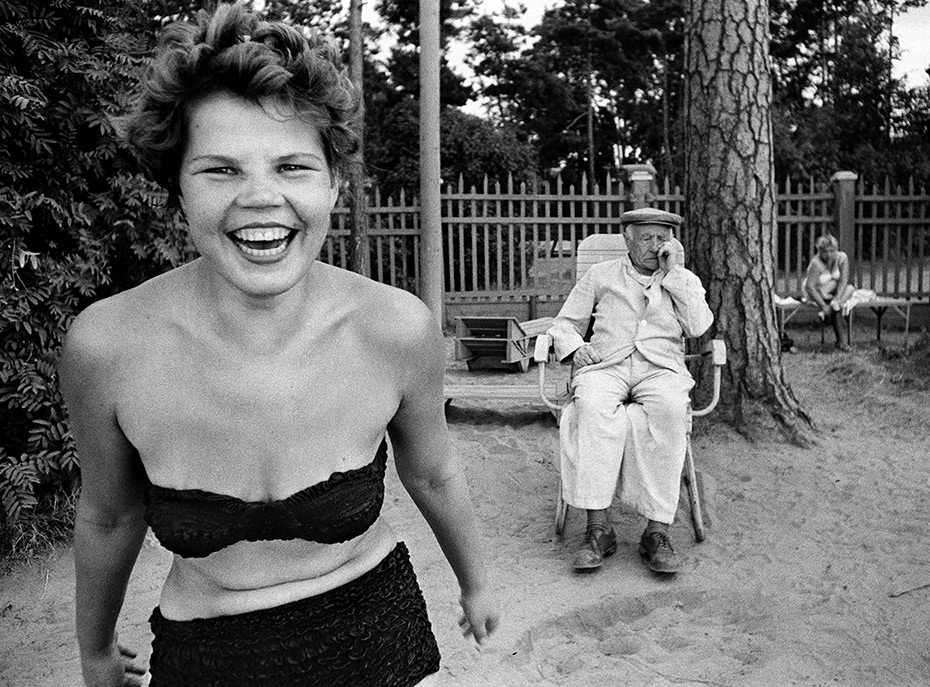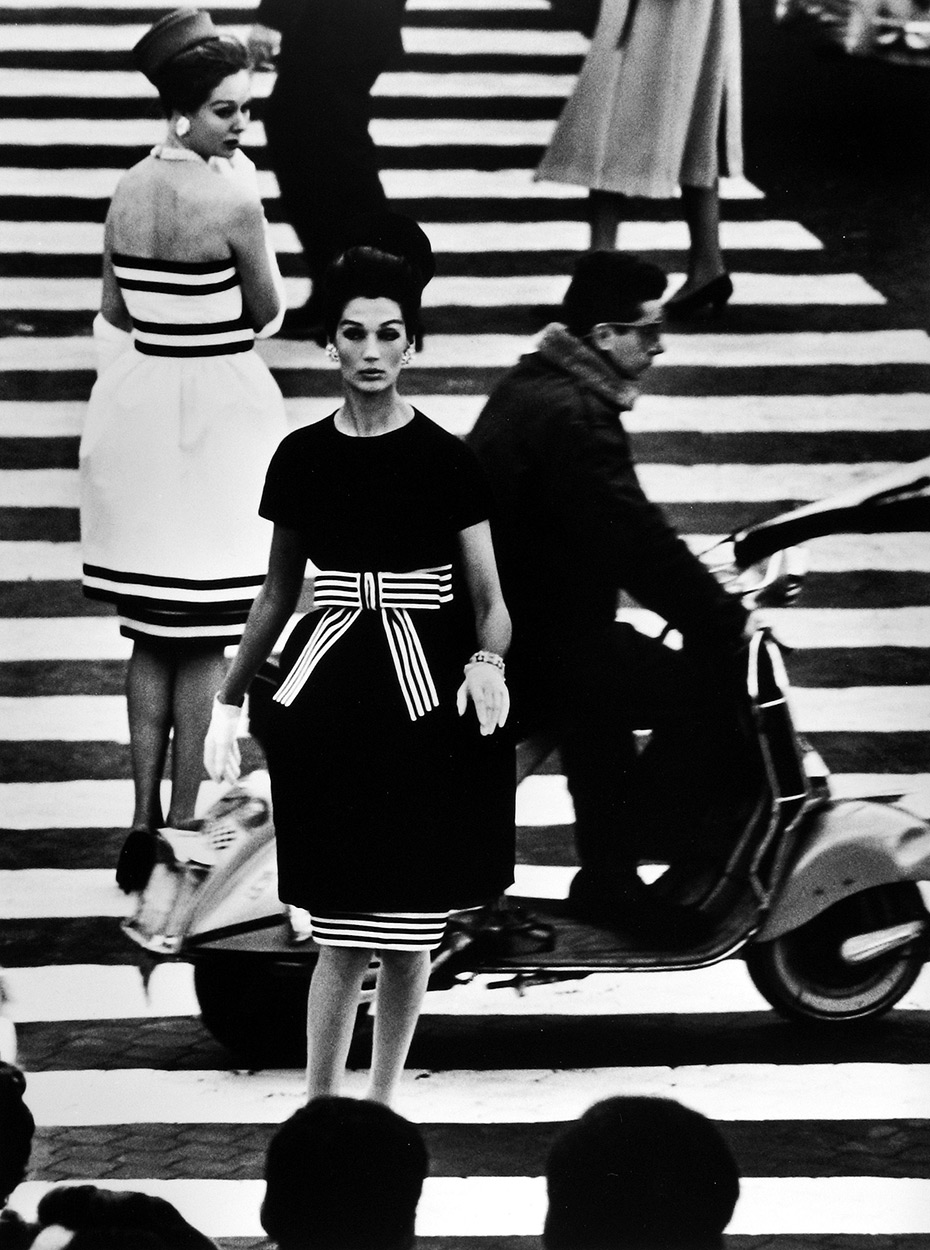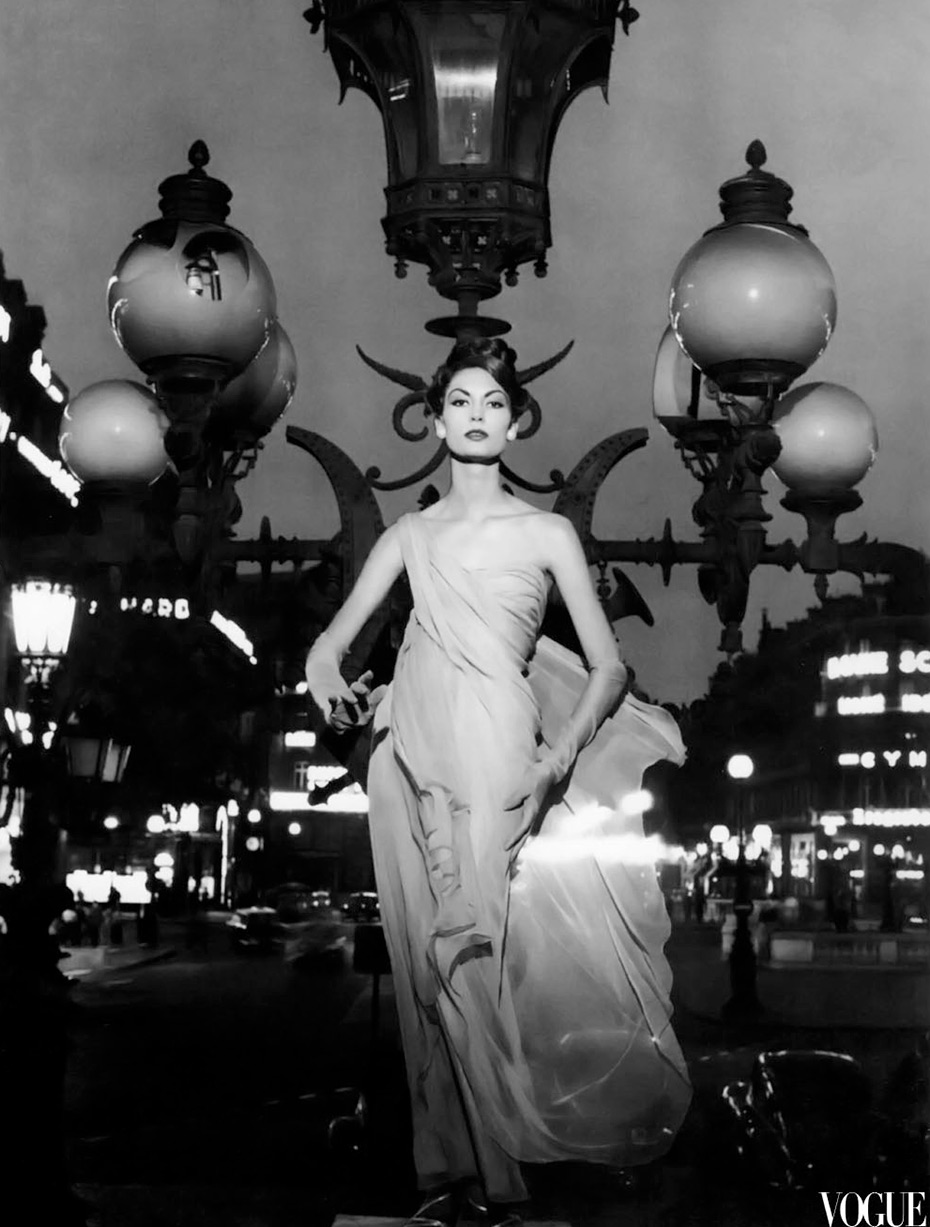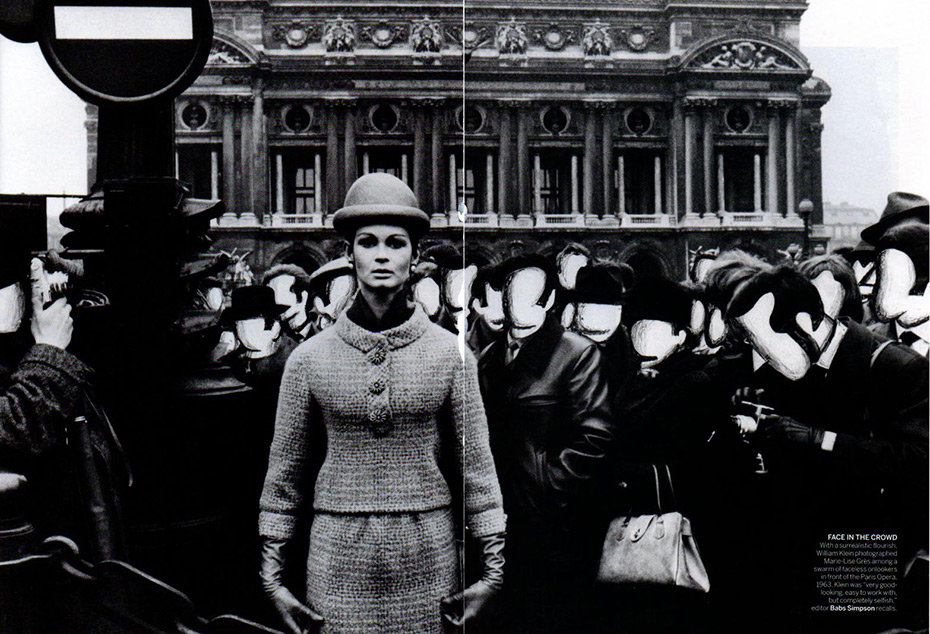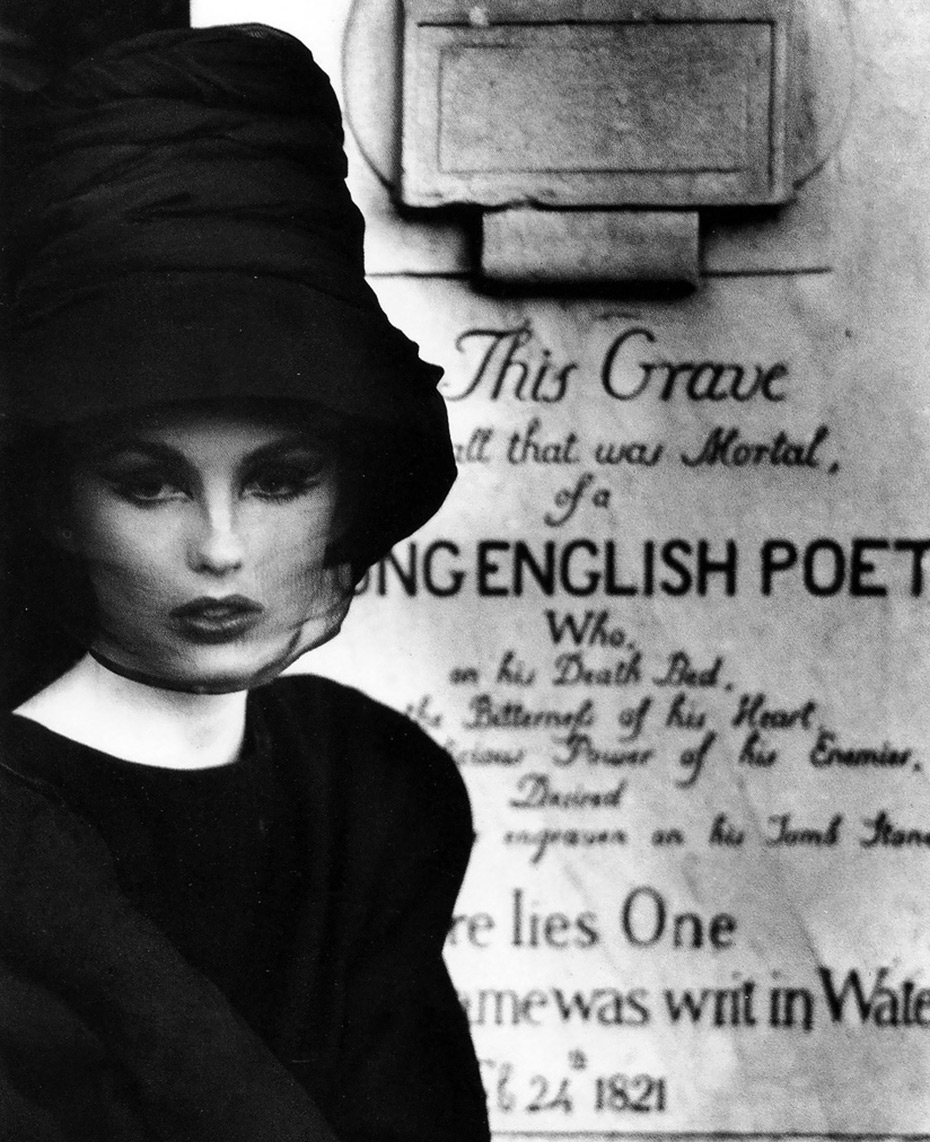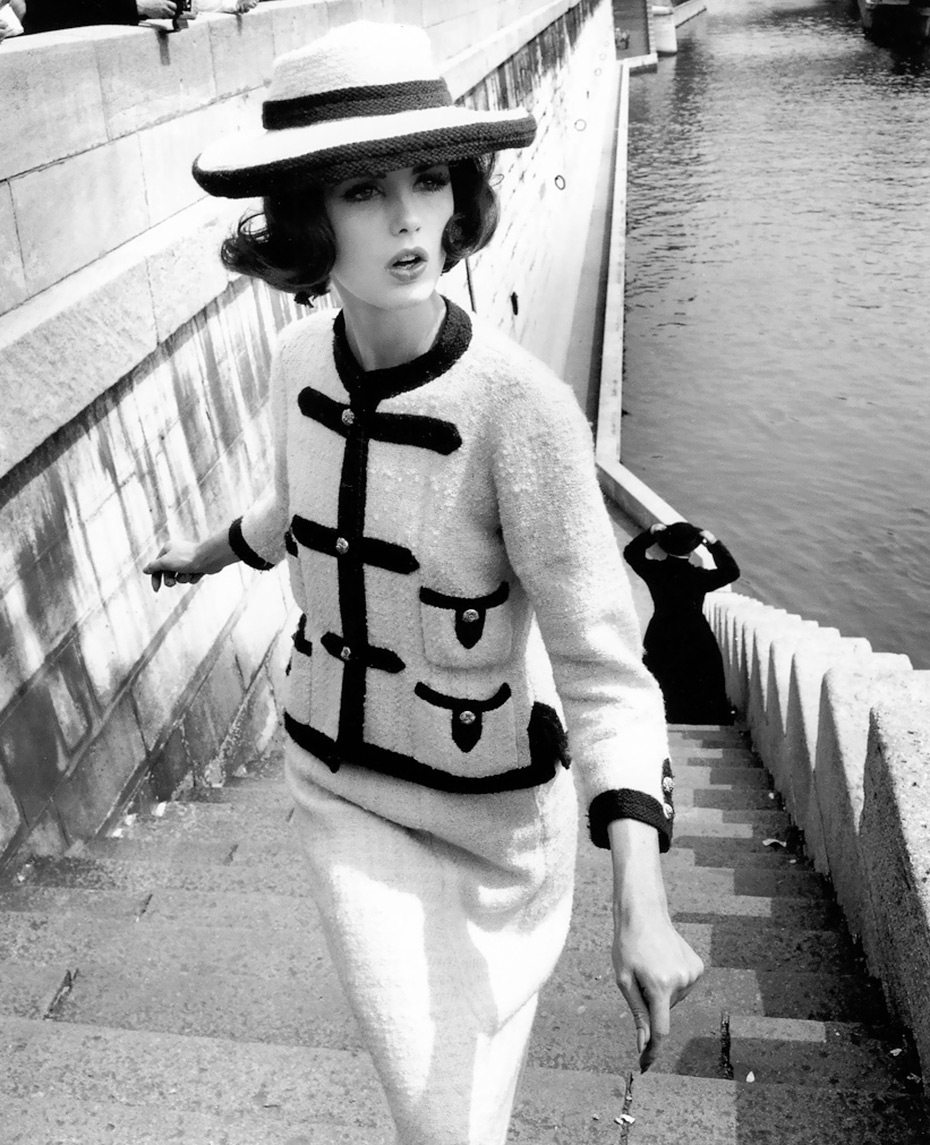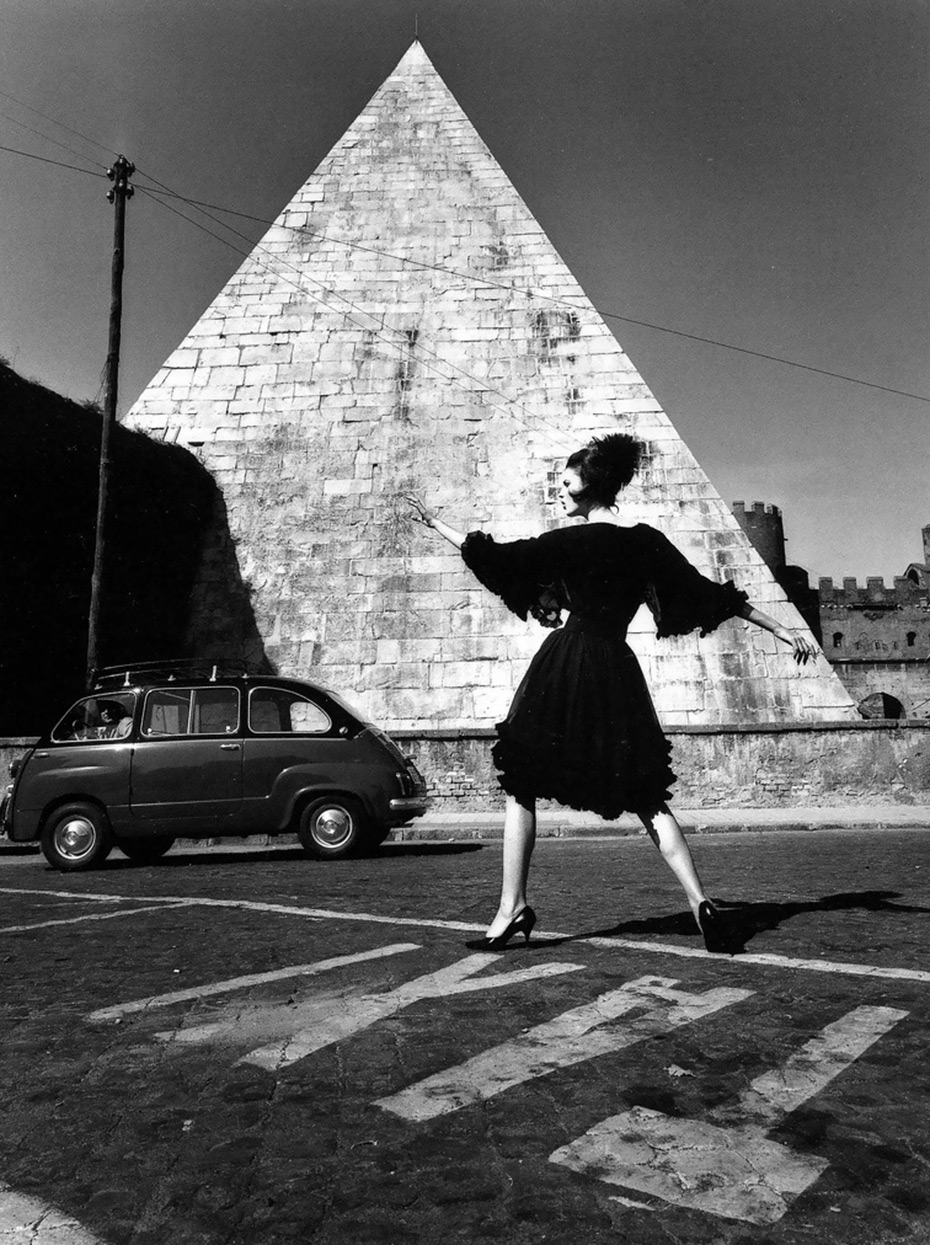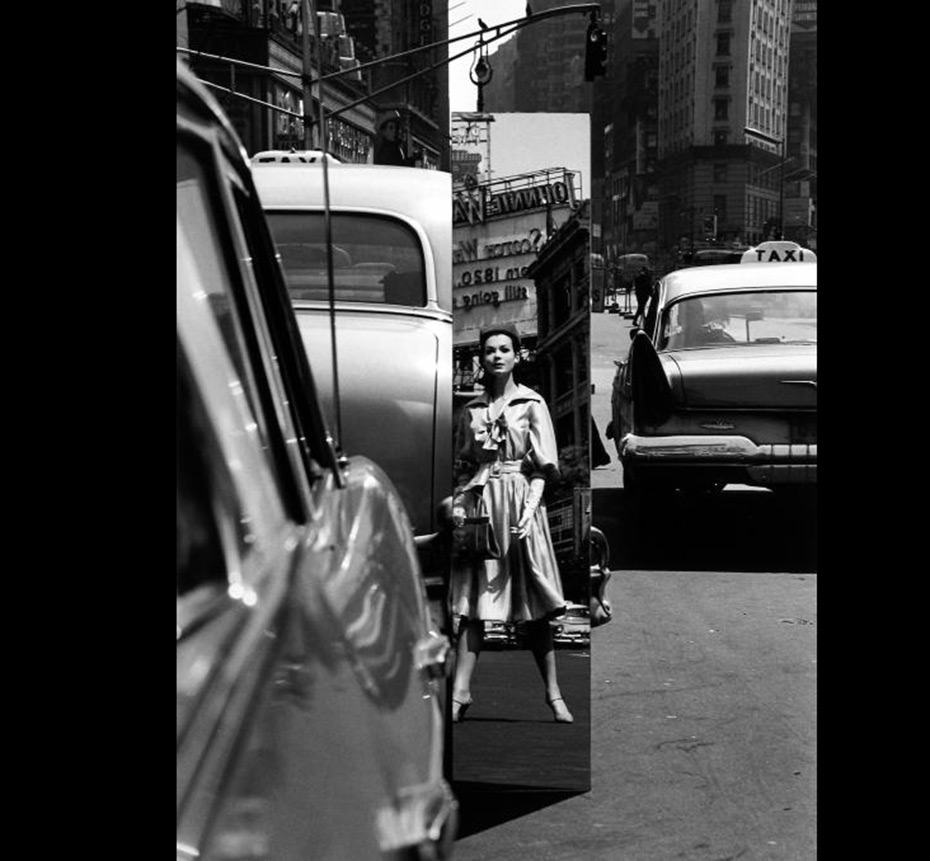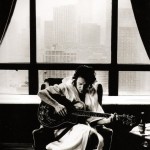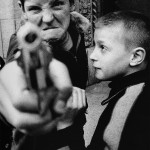The Big Picture created this Emmy award winning documentary on living legend photographer Jay Maisel
Tag: photographer
Anton Corbijn
Anton Corbijn was born in 1955 in Strijen, Holland, the son of a Protestant minister. Corbijn began his career in Groningen, first using his father’s camera for photos in 1972 at an open-air concert of the pop group Solution on the Grote Markt (the central square in Groningen) and was hooked on photographing music immediately.
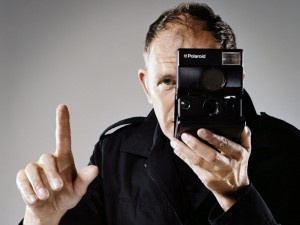 In 1974, he followed an eighteen-month course in photography at the intermediate technical college in The Hague, after which he worked as an assistant to Gijabert Hanekroot in Amsterdam. Stimulated by the prevailing punk attitude of the times, he decided to go independent in 1976, and was the chief photographer for the main Dutch pop-music magazine, OOR, for a considerable time.
In 1974, he followed an eighteen-month course in photography at the intermediate technical college in The Hague, after which he worked as an assistant to Gijabert Hanekroot in Amsterdam. Stimulated by the prevailing punk attitude of the times, he decided to go independent in 1976, and was the chief photographer for the main Dutch pop-music magazine, OOR, for a considerable time.
In 1979, he moved to London to be closer to the music he liked (post punk, e.g. Joy Division, Magazine, PIL Ltd. etc.), working with the musical weekly New Musical Express. He associated with NME until 1985, meeting many of the people during this period that he has since become famous for photographing (U2, Depeche Mode, Captain Beefheart, etc.) For Anton, love of music became love of photography.
I don’t crop my images and I always shoot handheld. By doing that I build in a kind of imperfection and this helps to emphasize reality.
Complete generations have grown up with Corbijn’s pictures. Corbijn started making music-videos in 1983 and has concieved more than sixty videos and one hundred album covers with artists as diverse as Nirvana, Joni Mitchell, Front 242, Henry Rollins, Metallica, Naomi Campbell, Depeche Mode, Johnny Cash, U2, David Sylvian, Nick Cave etc.
The photographs of David Bowie, Miles Davis, and Captain Beefheart are known world-wide. He has been a major image-builder for U2 (due to his album covers for The Joshua Tree, Rattle&Hum, Achtung Baby, POP, for example, and also as a result of his video clips), and for Depeche Mode (with more than 15 video clips and 5 CD covers, and the designs for the stages for 2 world tours.)
After 1985, he’s still photographed people working in the arts, both for himself and for may magazines world-wide, including Rolling Stone, Elle, Esquire, W, and Stern; musicians, including CD-covers for U2, R.E.M., John Lee Hooker, Bryan Ferry, Rolling Stones, Nick Cave, and Depeche Mode; actors, special projects and has many exhibitions world-wide.
Corbijn is the most known portraitist of current artistic zone. He concentrates on portraits of celebrities almost from all artistic genres, shooting videoclips, walk-on videoprojections, and designing album covers. Besides Depeche Mode, his work includes portraits of Bruce Springsteen, Kate Moss, Steven Spielberg, Wim Wenders, Gerard Depardieu, Quentin Tarantino, William S. Burroughs, Dennis Hopper, Martin Scorsese, U2, David Bowie, Michael Stipe and hundreds of others.
I work using the Brian Eno school of thinking: limit your tools, focus on one thing and just make it work… You become very inventive with the restrictions you give yourself.
Corbijn also received two MTV awards for the Nirvana video of Heart-Shaped Box. In 1994, he made a short film, entitled ‘Some YOYO Stuff’ with Don van Viet, alias Captain Beefheart, for the BBC, and was the image-creator in the re-election campaign of Dutch Minister President Wim Kok in 1998, as well as doing his first advertising jobs for BMW and Tag Heuer.
Source: http://www.upl.cs.wisc.edu/~alyska/anton/bio.html
A great interview with Anton:
http://tmagazine.blogs.nytimes.com/2010/11/04/asked-and-answered-anton-corbijn/
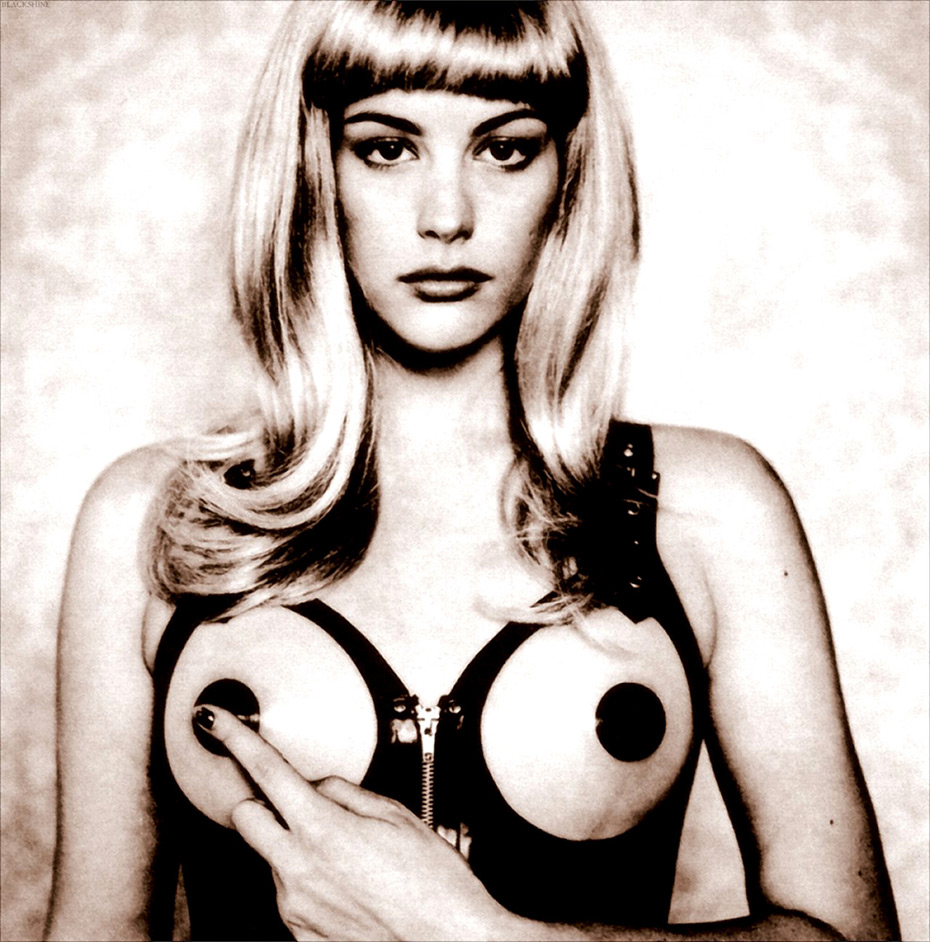
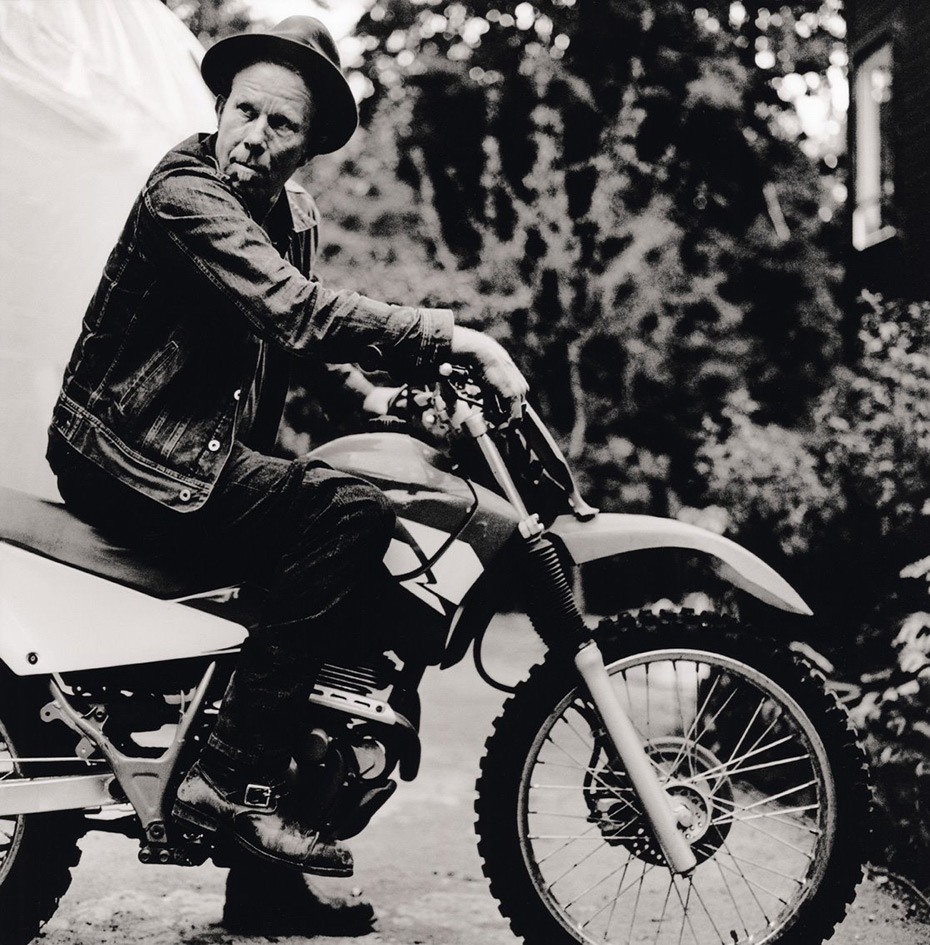
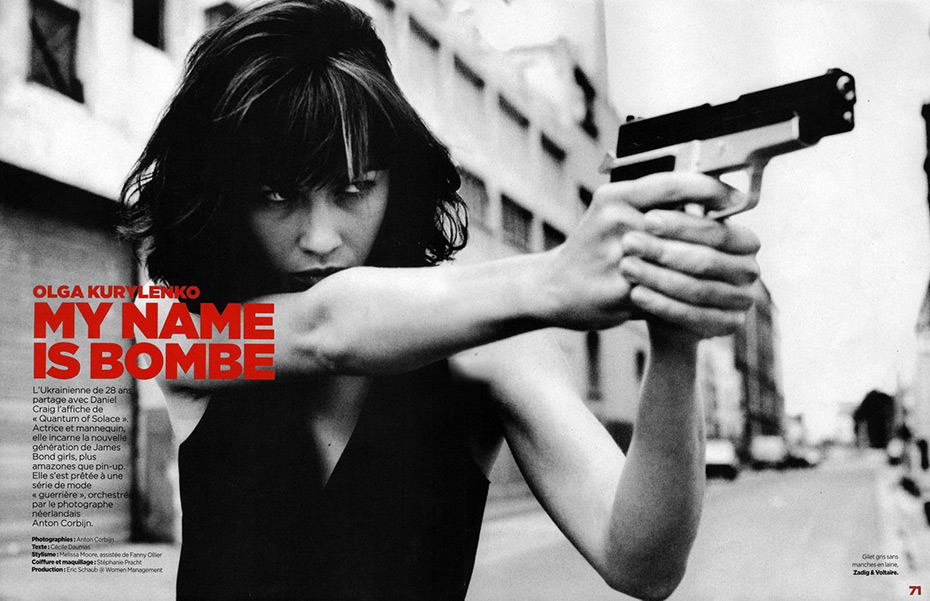
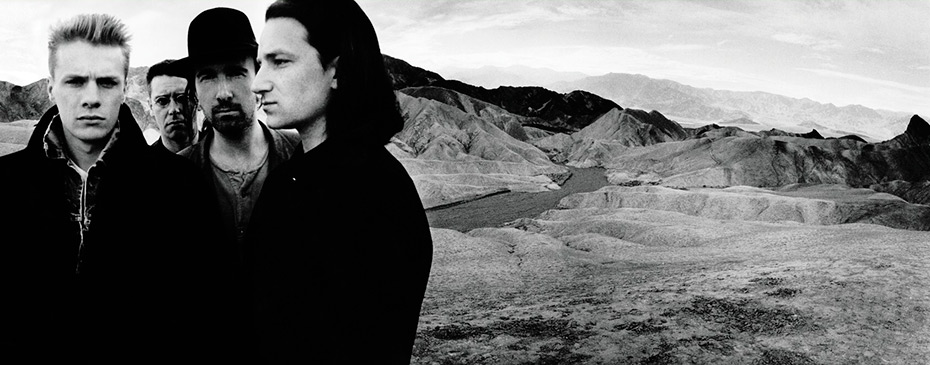
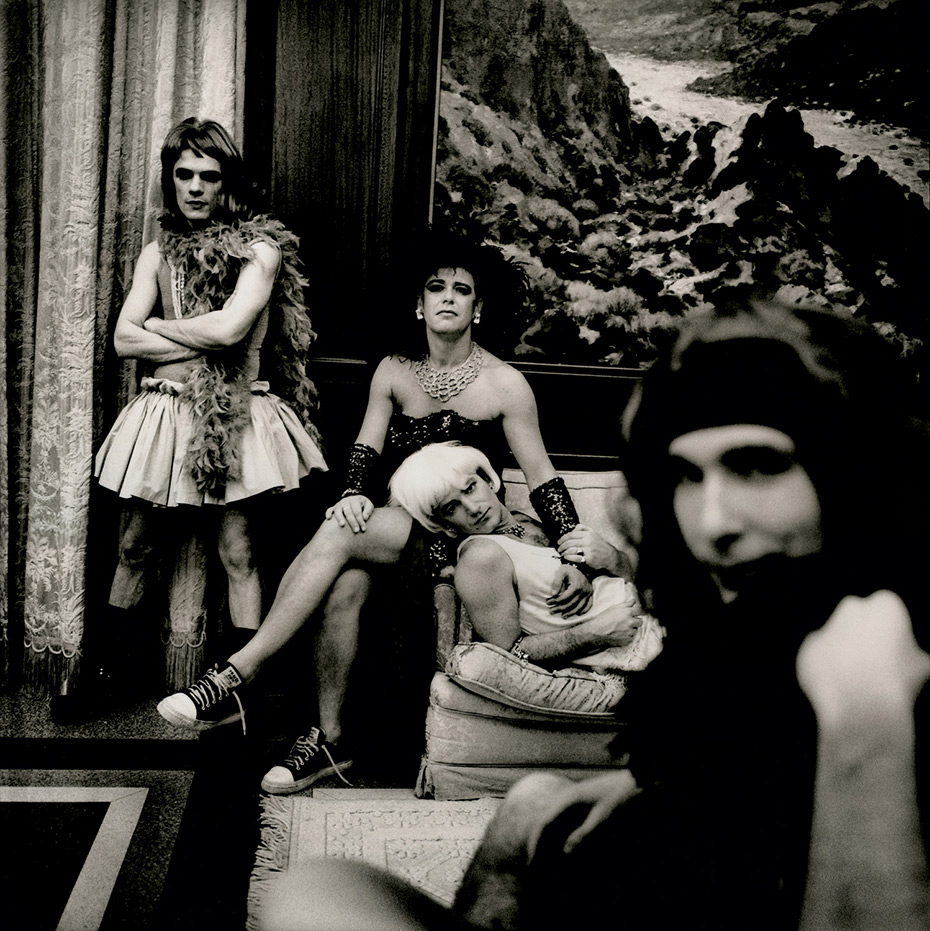
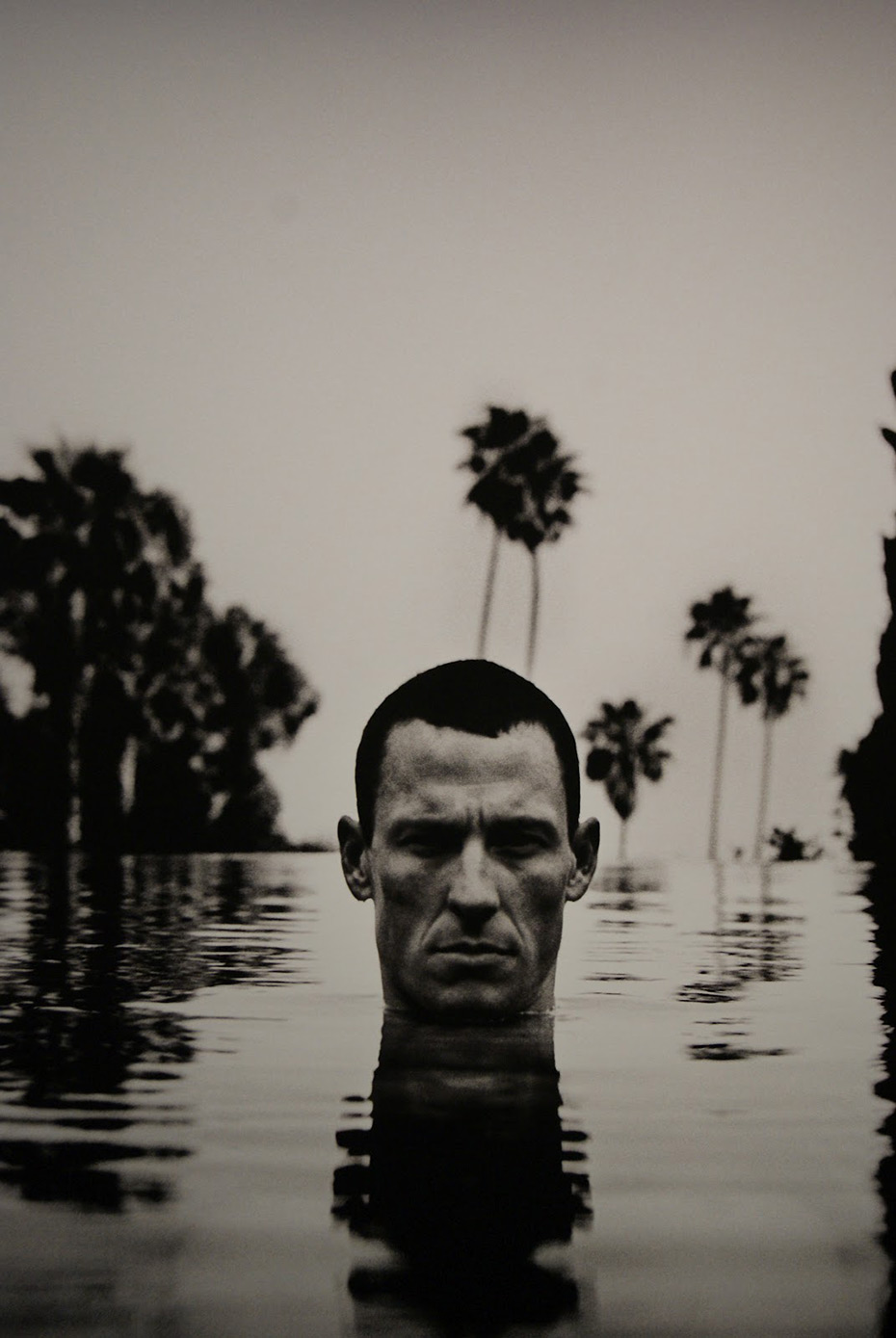
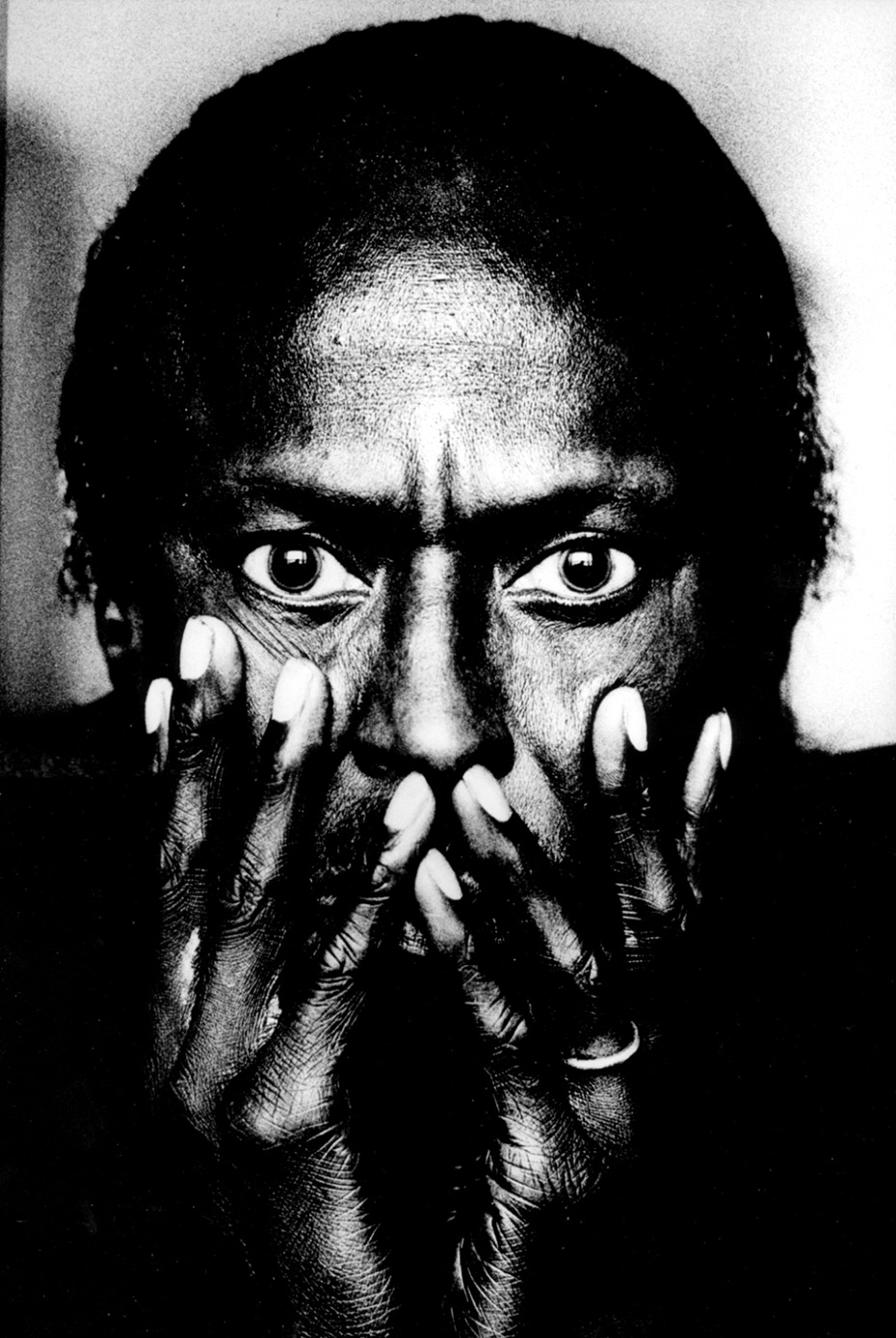
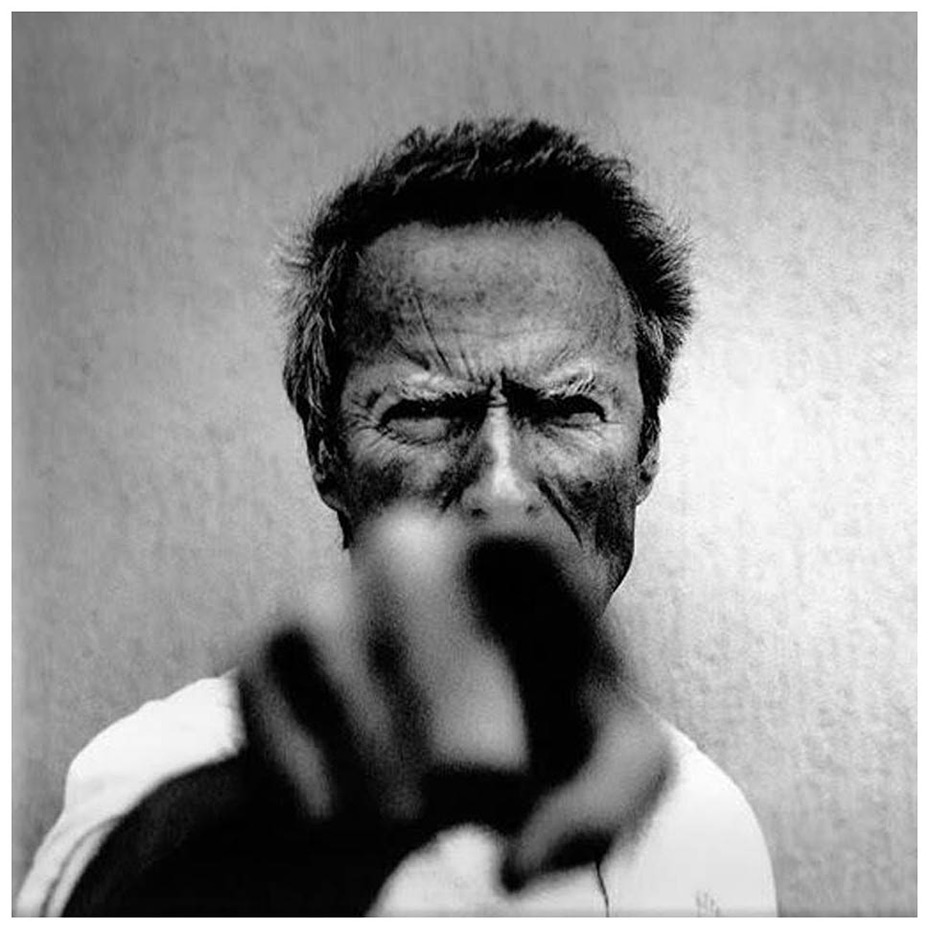
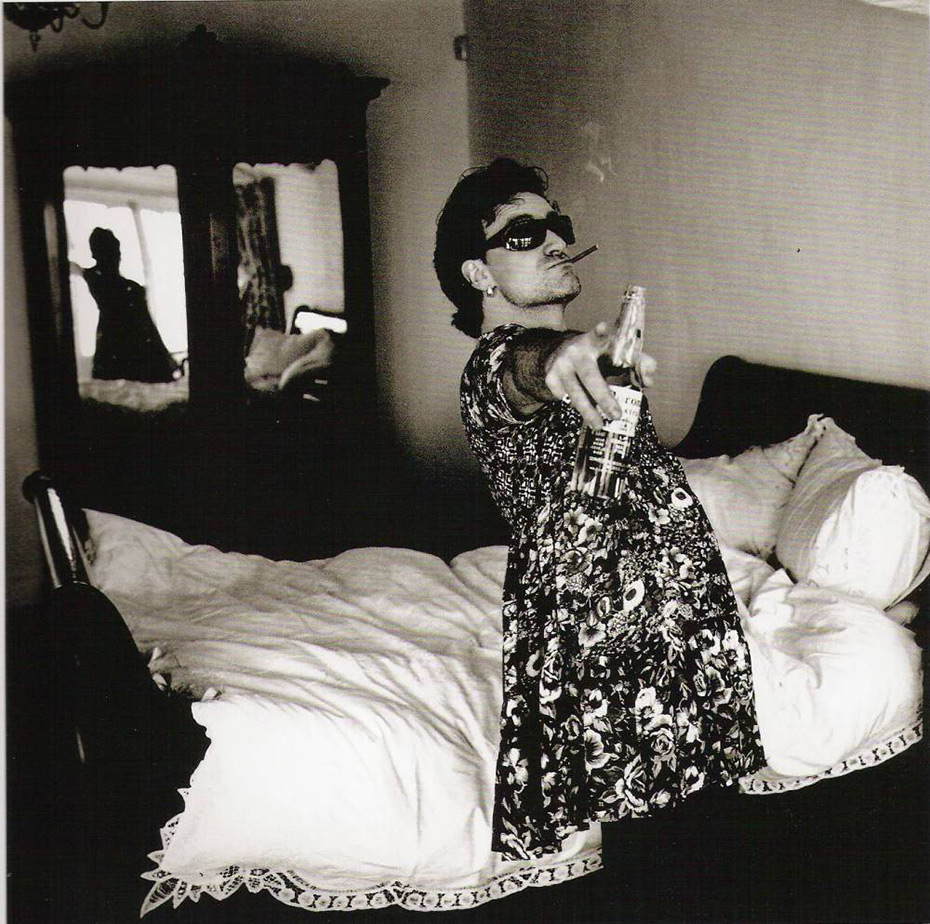
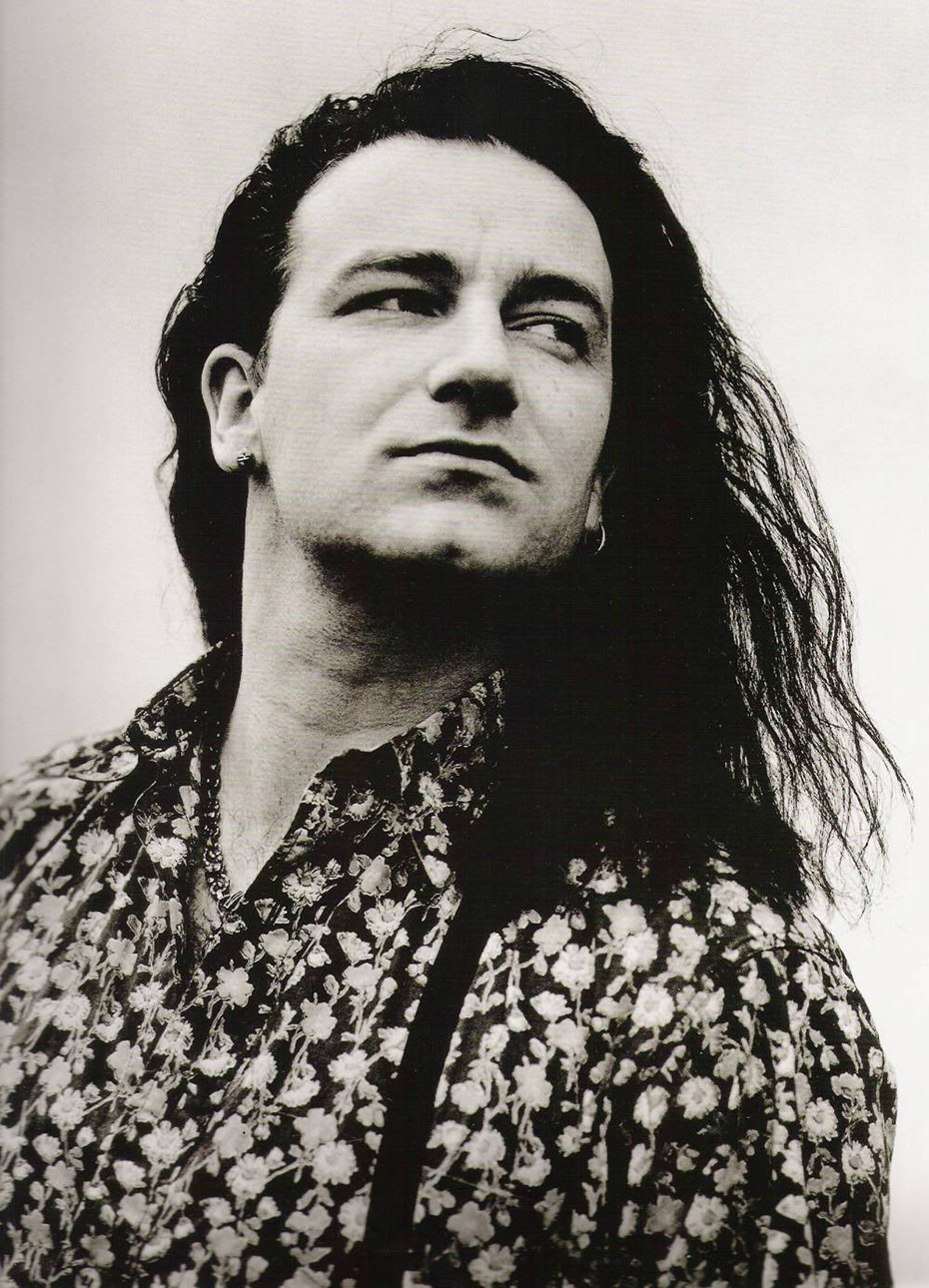
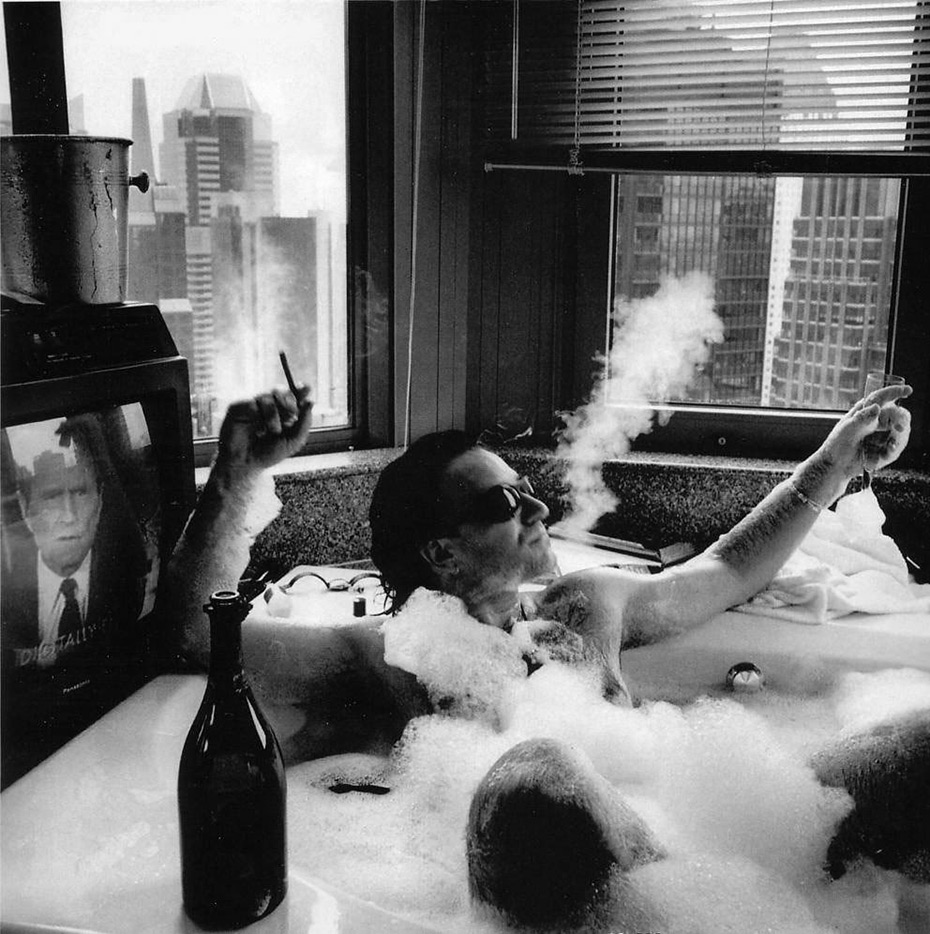
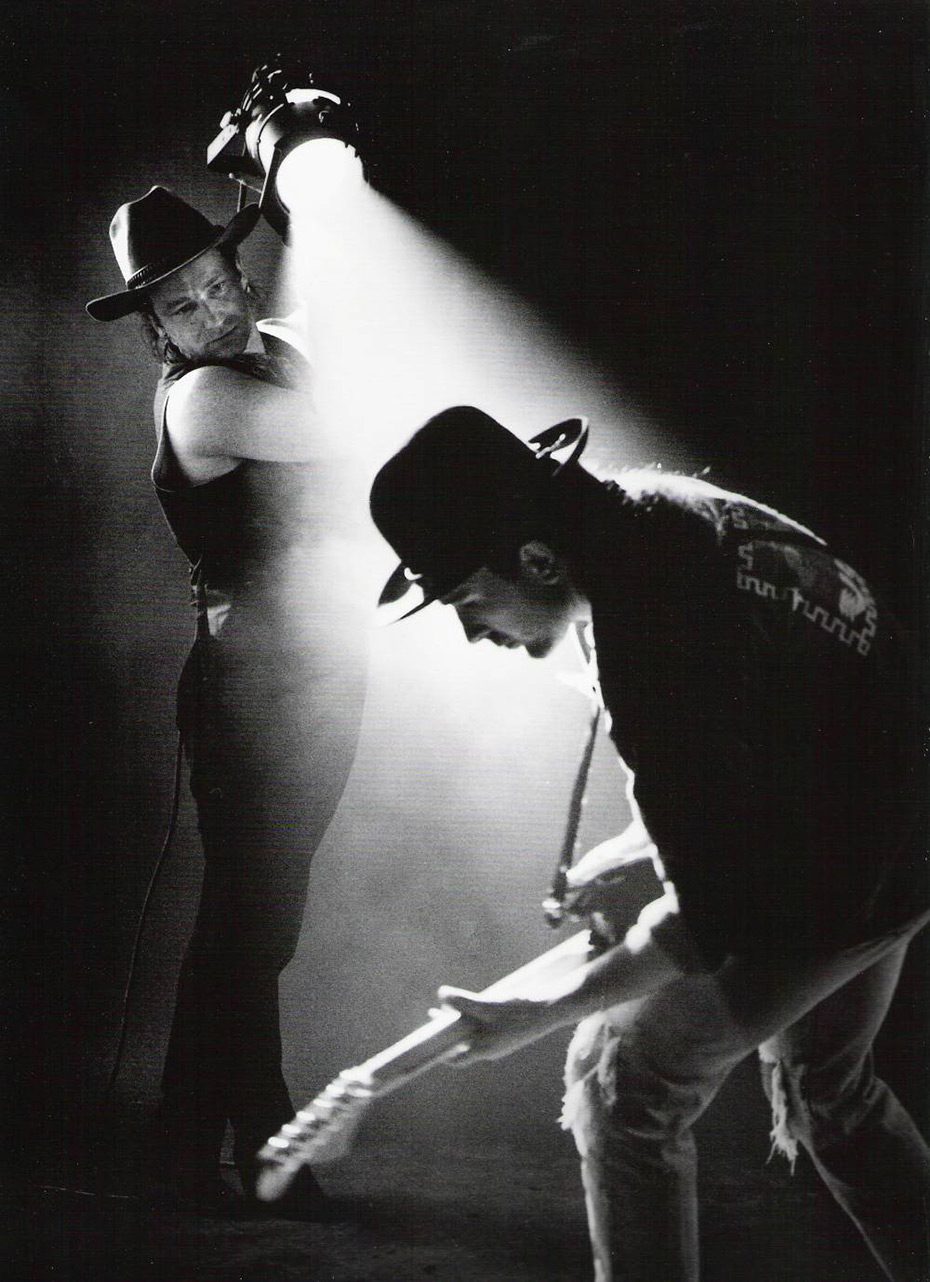
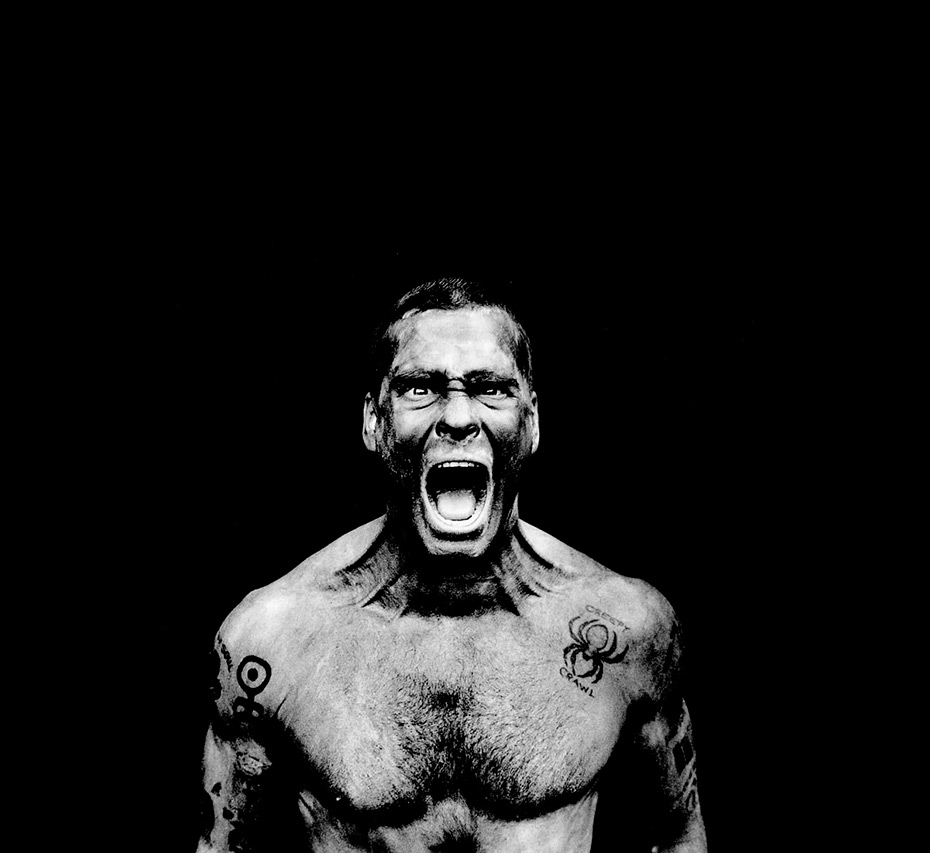
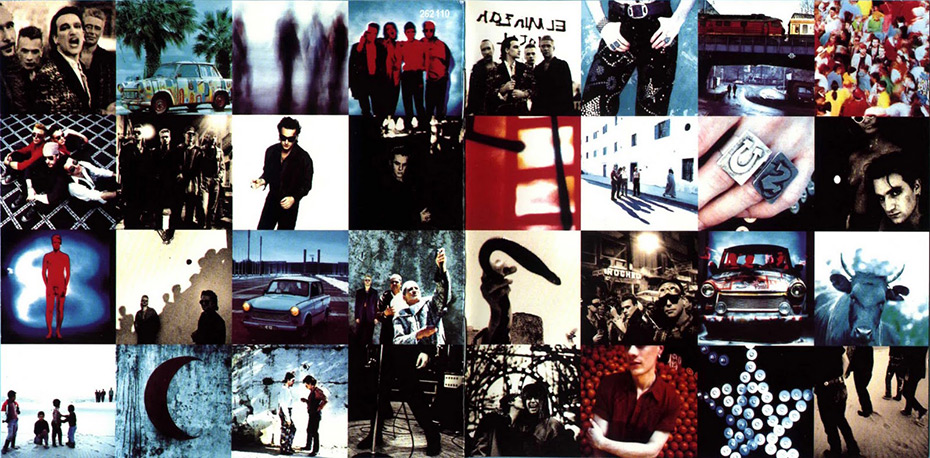
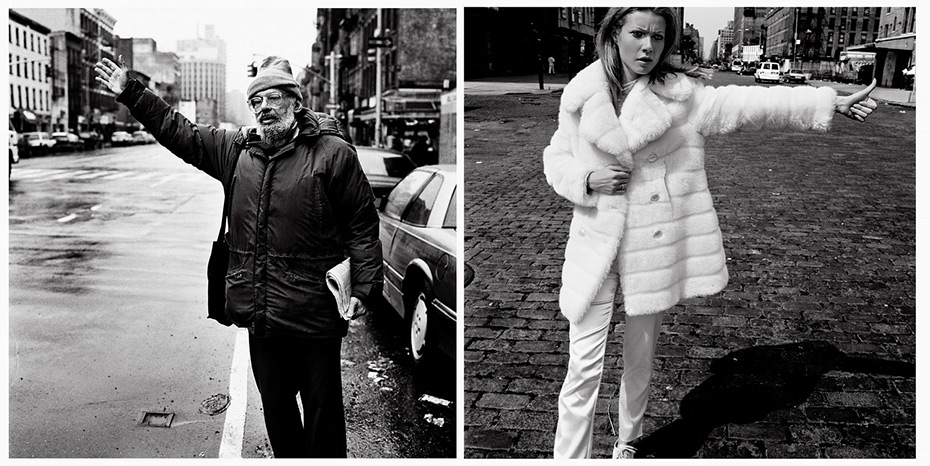
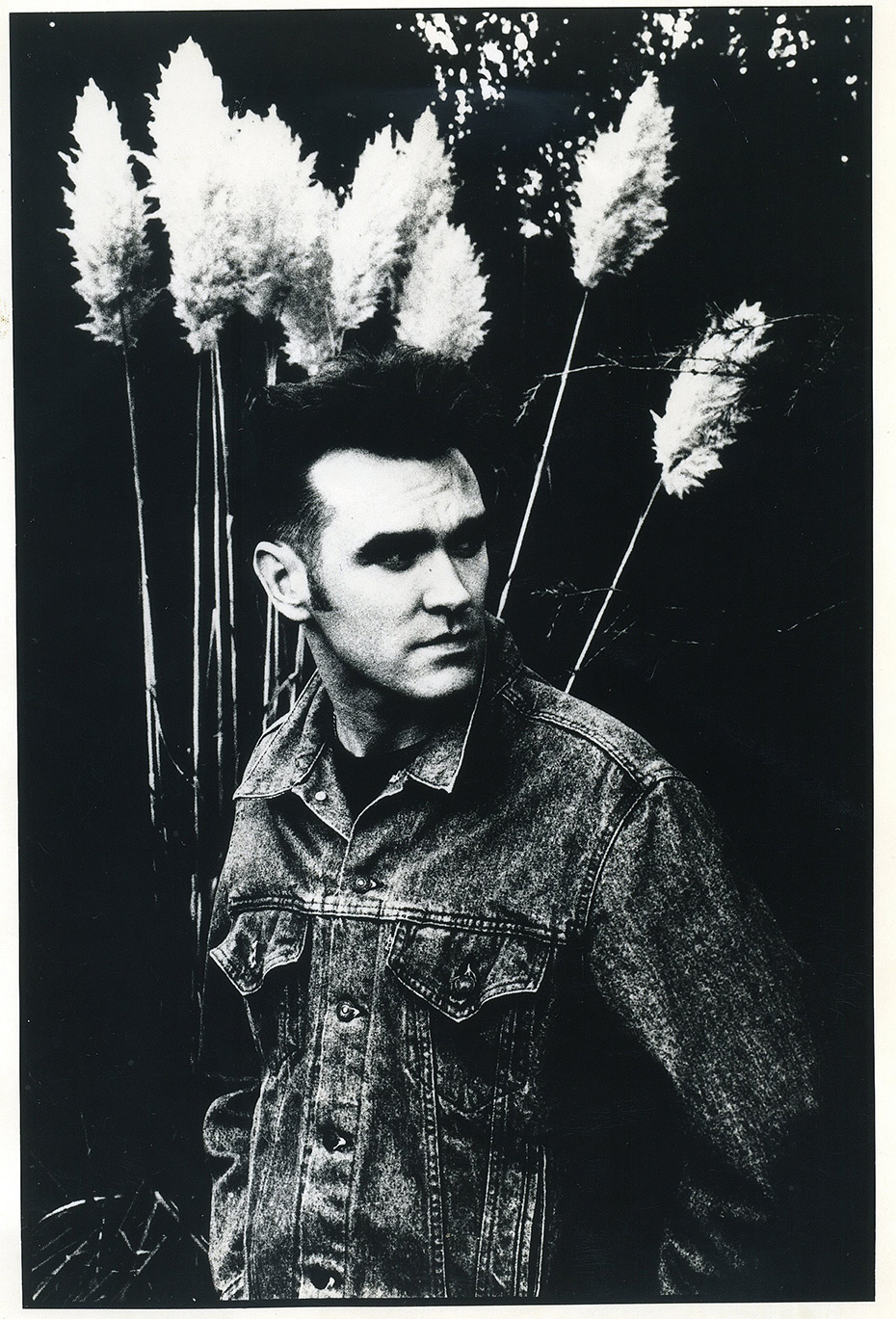
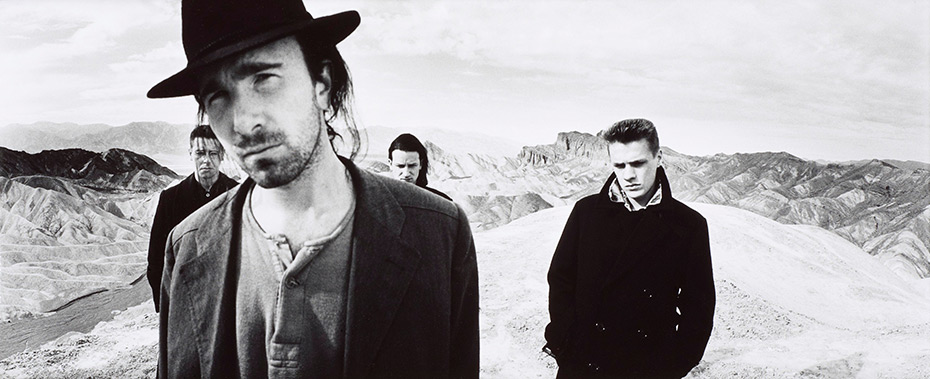
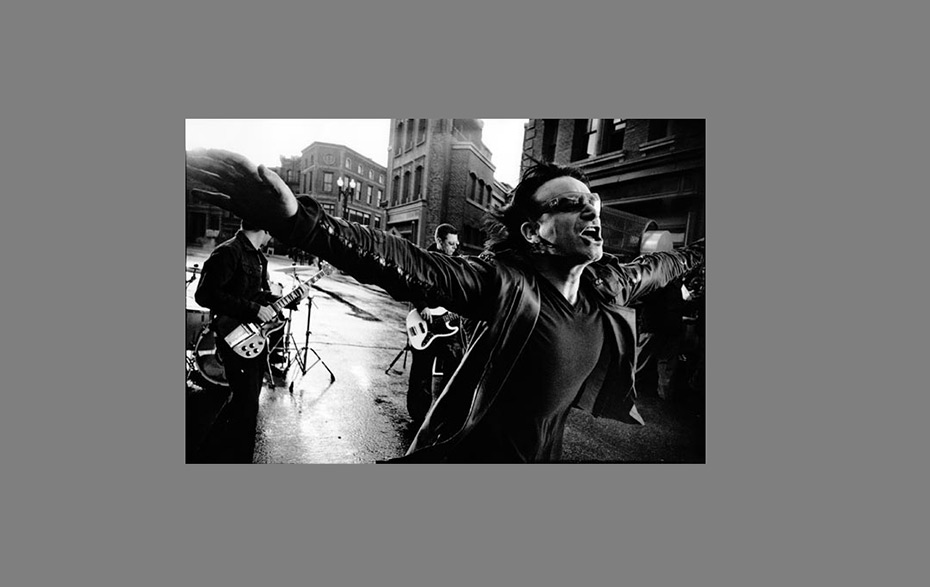
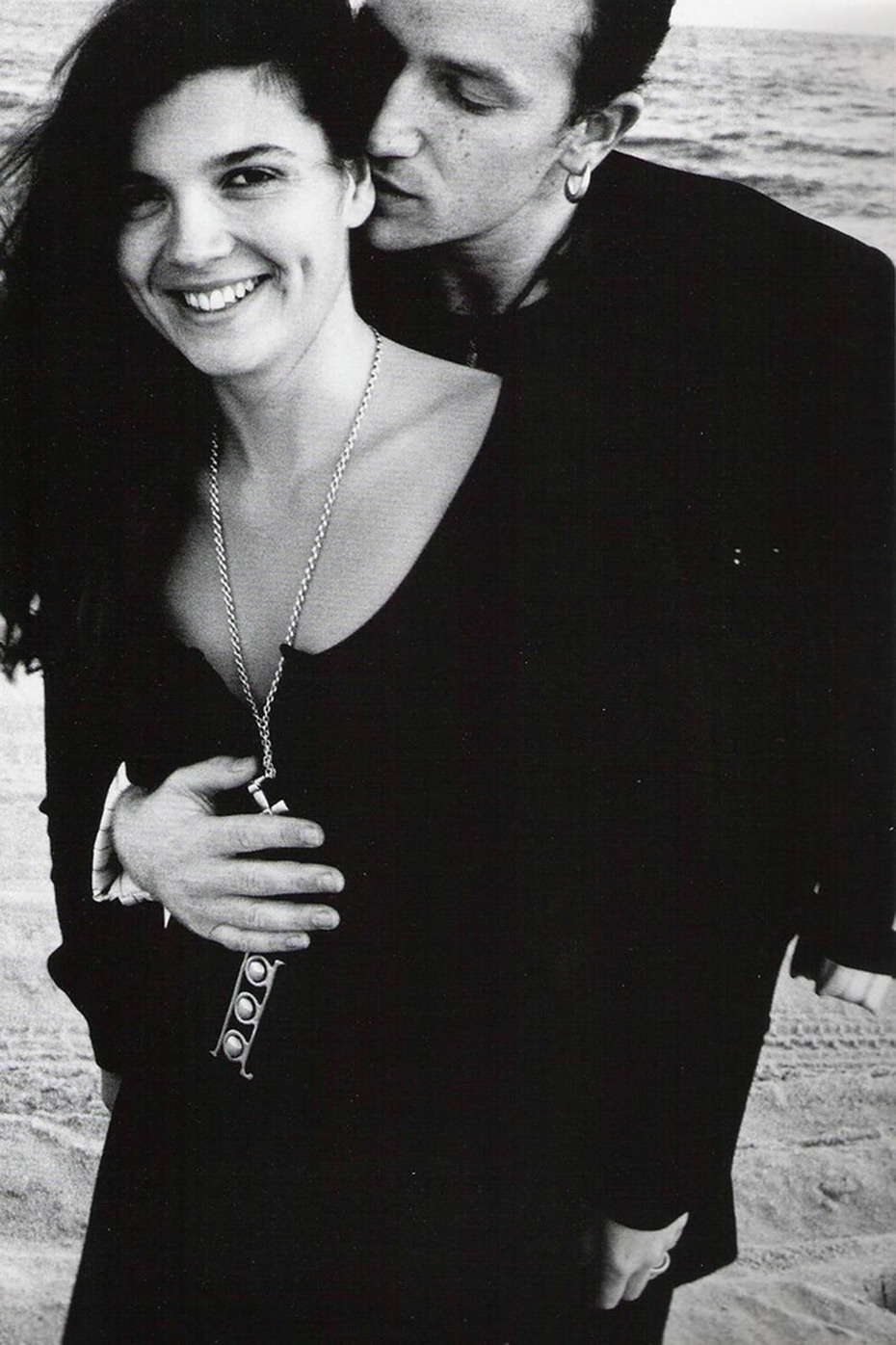
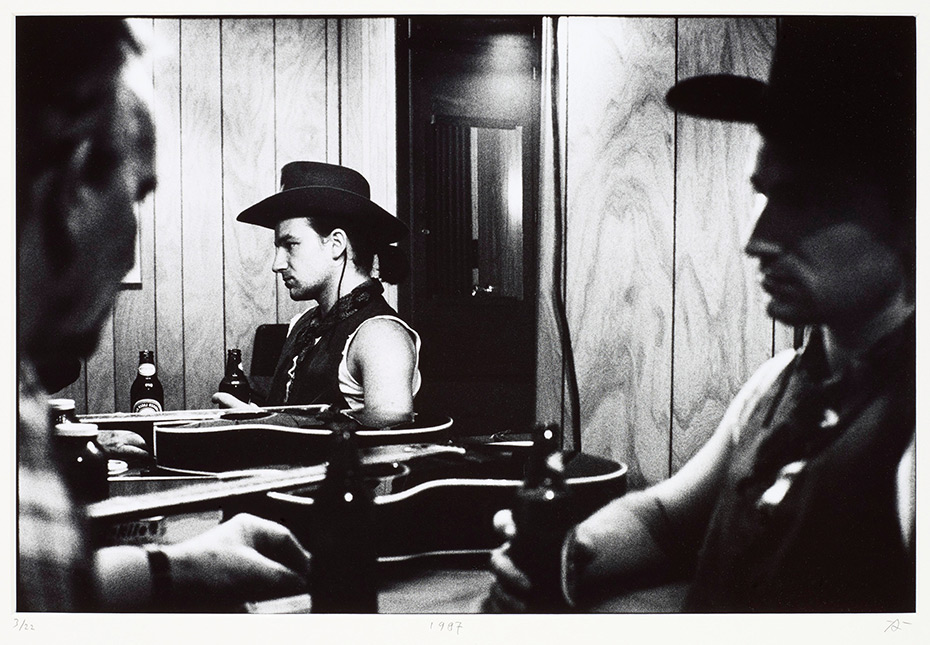
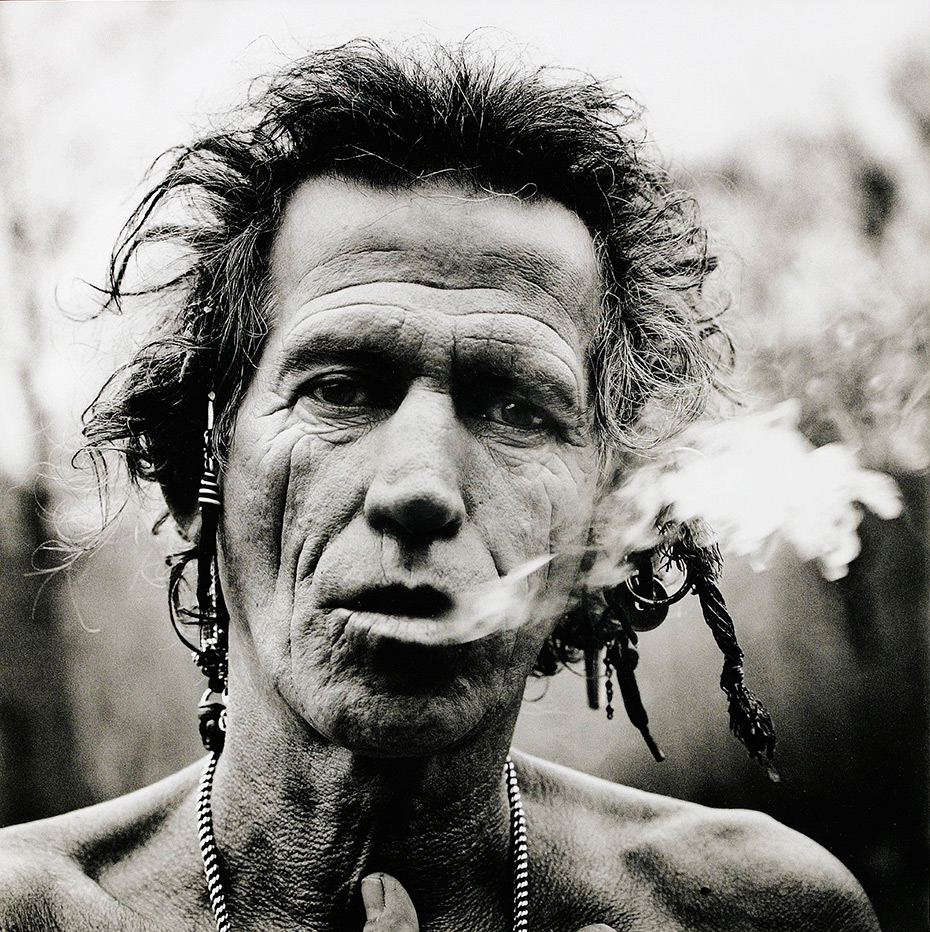
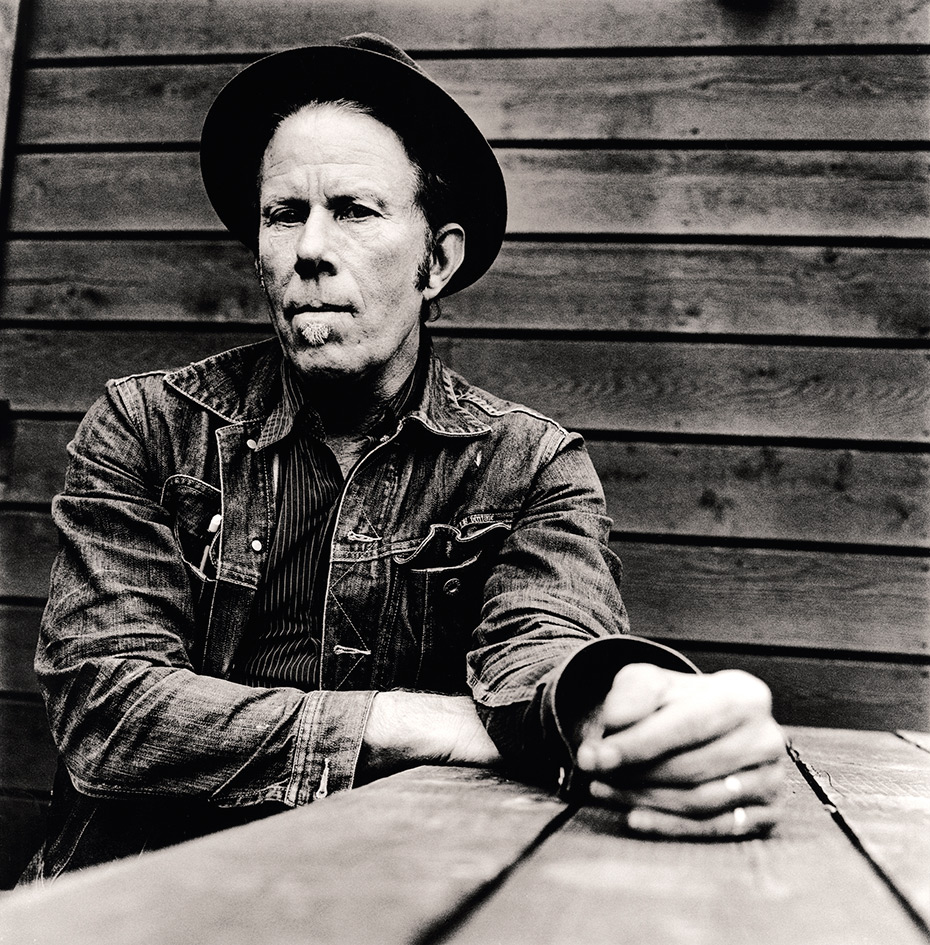
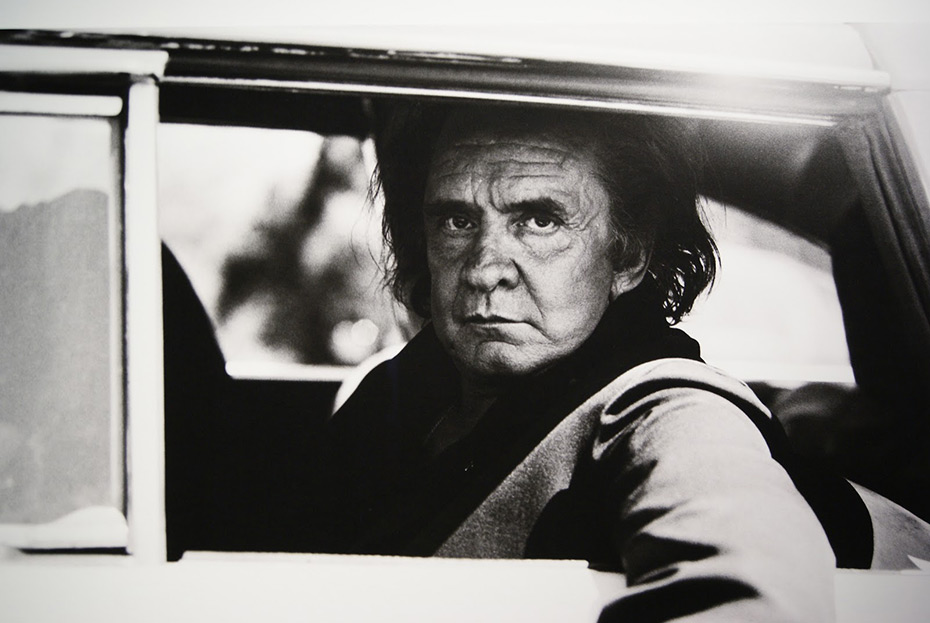
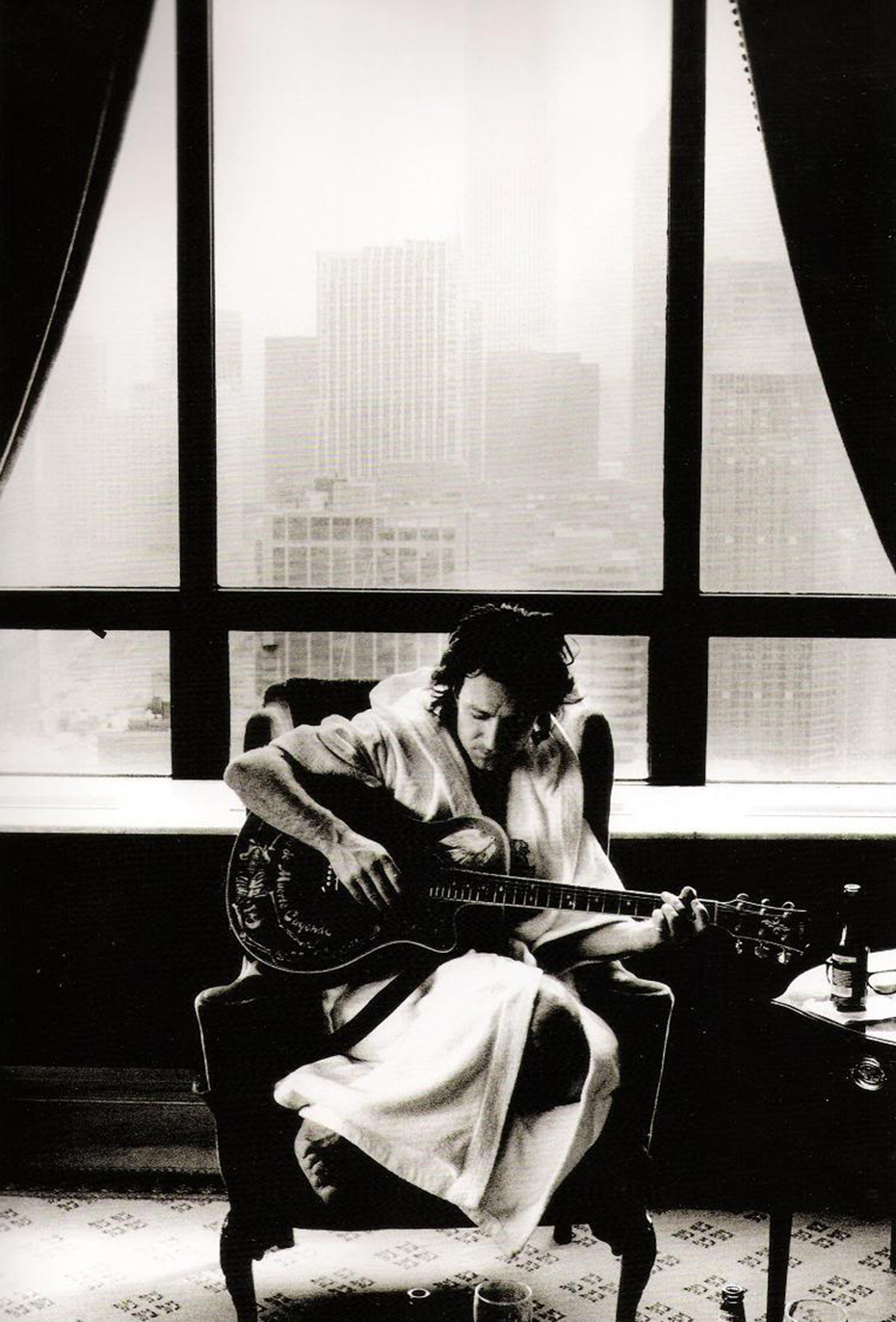
William Klein – The anti-photographer’s photographer
As an artist using photography, he set out to re-invent the photographic document. His photos, often blurred or out of focus, his high-contrast prints (his negatives were often severely over-exposed), his use of high-grain film and wide angles shocked the established order of the photography world and he earned a reputation as an anti-photographer’s photographer.
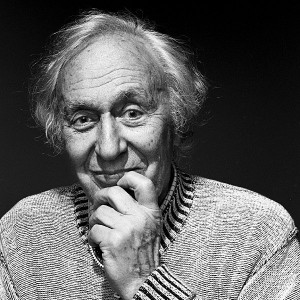 From 1955 to 1965 William Klein worked for Vogue. He preferred to photograph his models out in the street or on location. he was not particularly interested in clothes or fashion, and used this opportunity to reasearch the picture making process by introducing new techniques to fashion photography, including the use of wide-angle and long-focus lenses, long exposures combined with flash and multiple exposures -making fashion an area of innovation in photography.
From 1955 to 1965 William Klein worked for Vogue. He preferred to photograph his models out in the street or on location. he was not particularly interested in clothes or fashion, and used this opportunity to reasearch the picture making process by introducing new techniques to fashion photography, including the use of wide-angle and long-focus lenses, long exposures combined with flash and multiple exposures -making fashion an area of innovation in photography.
From 1965 to the early 80s, he abandoned photography and primarily concentrated on film, making various documentaries: ‘broadway by light’ (1958), ‘who are you polly maggoo?’ (1966) ‘mr. freedom’, ‘muhammad ali the greatest’, ‘the little richard story’ (1979), ‘the messiah'(1999).
Klein returned to still photography in the 1980s due to a renewed interest in his early work.his photographs of this period are characterized by his use of close-ups and wide angle lenses.
During the 90s he continued to create mixed media works using painting and photography. He received the hasselblad prize and various retrospectives of his films were organized in new york and japan. he was awarded the agfa-bayer/hugo erfurt prize and created in & out of fashion, a mixed media project including drawings, photographs and film, which was published simultaneously with shows in London, Paris and New York. In 1997 he rephotographed new york and had shows in barcellona and paris. In 1999 he was awarded the ‘medal of the century’ by the royal photographic society’ in London.
(http://www.designboom.com/portrait/klein_bio.html)
